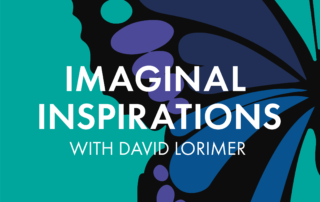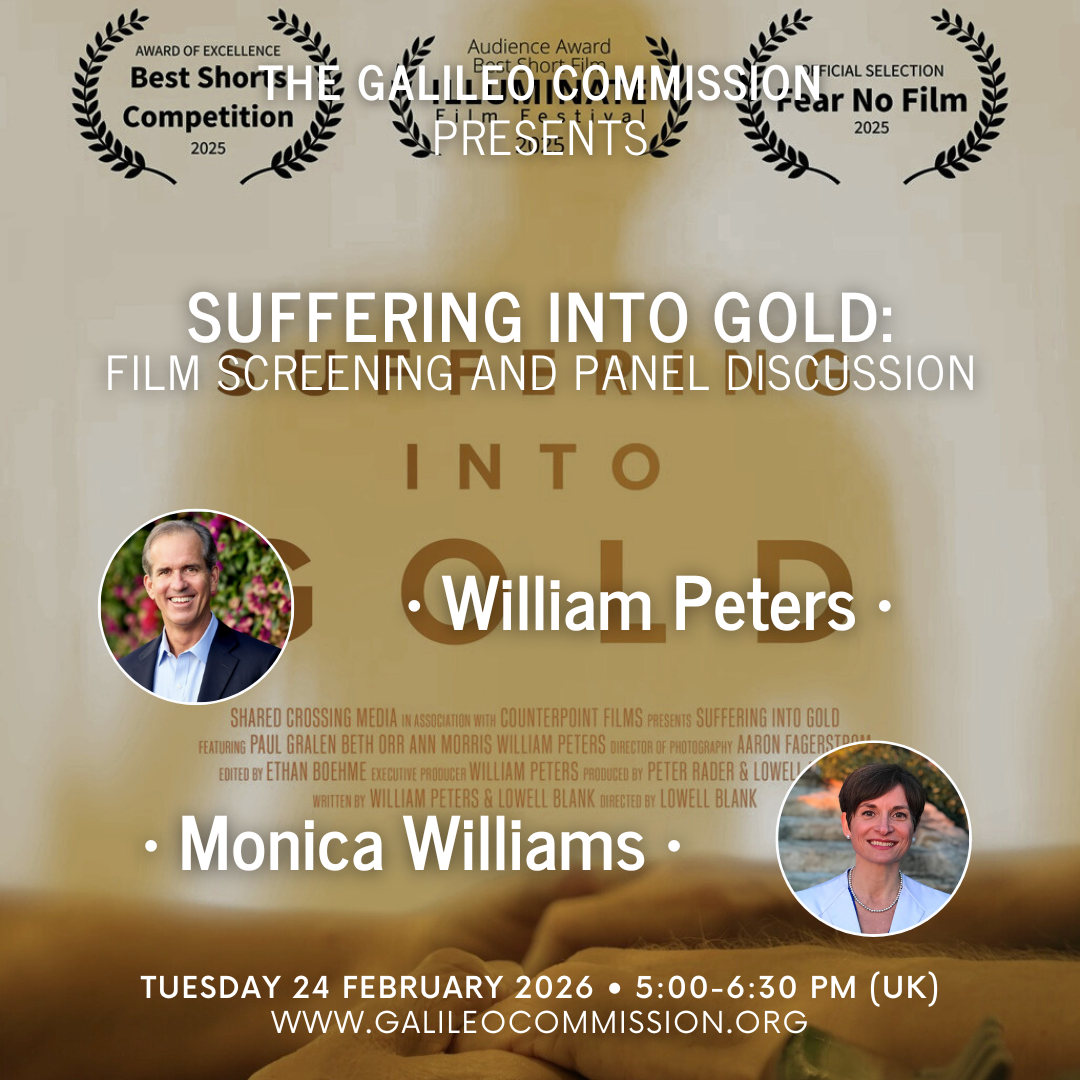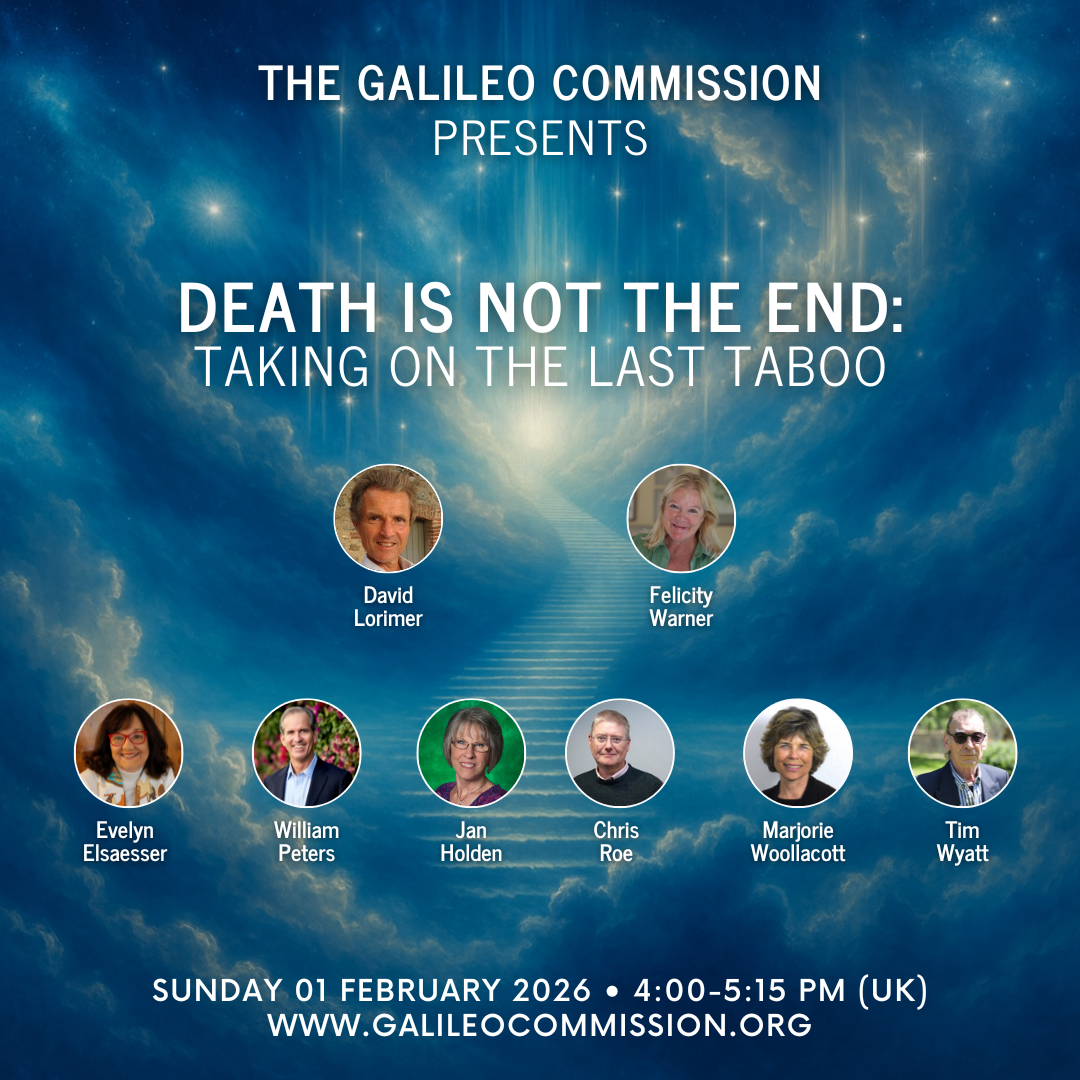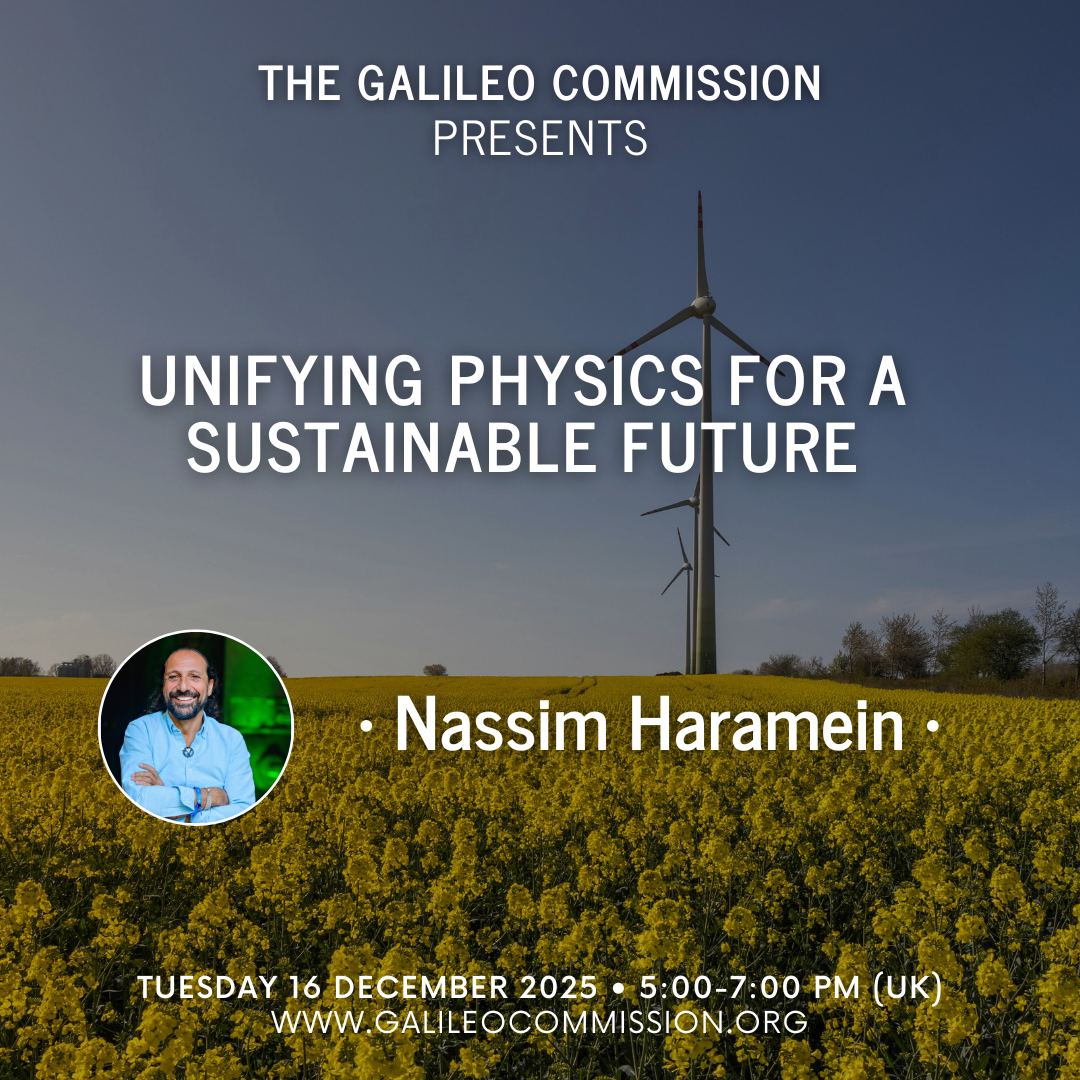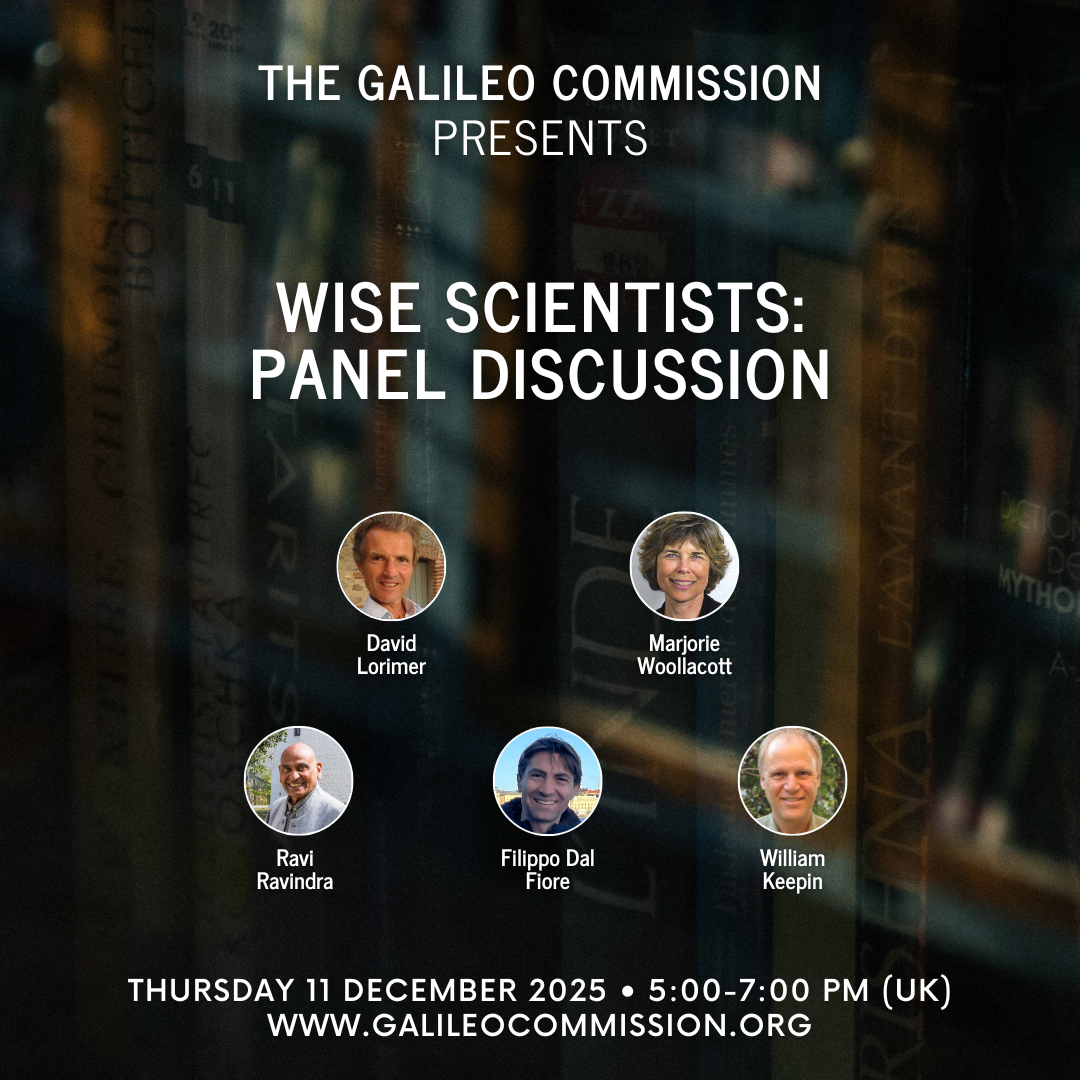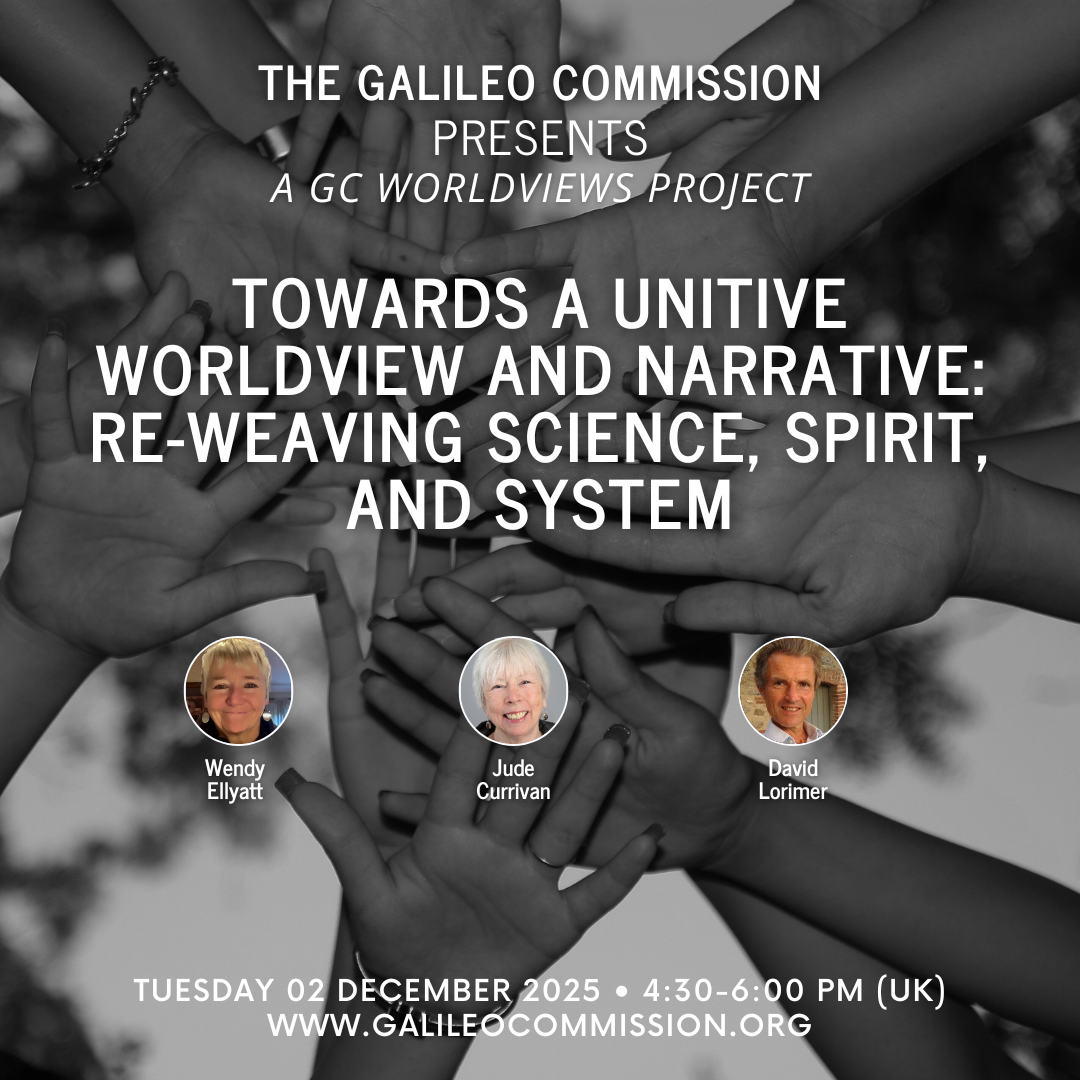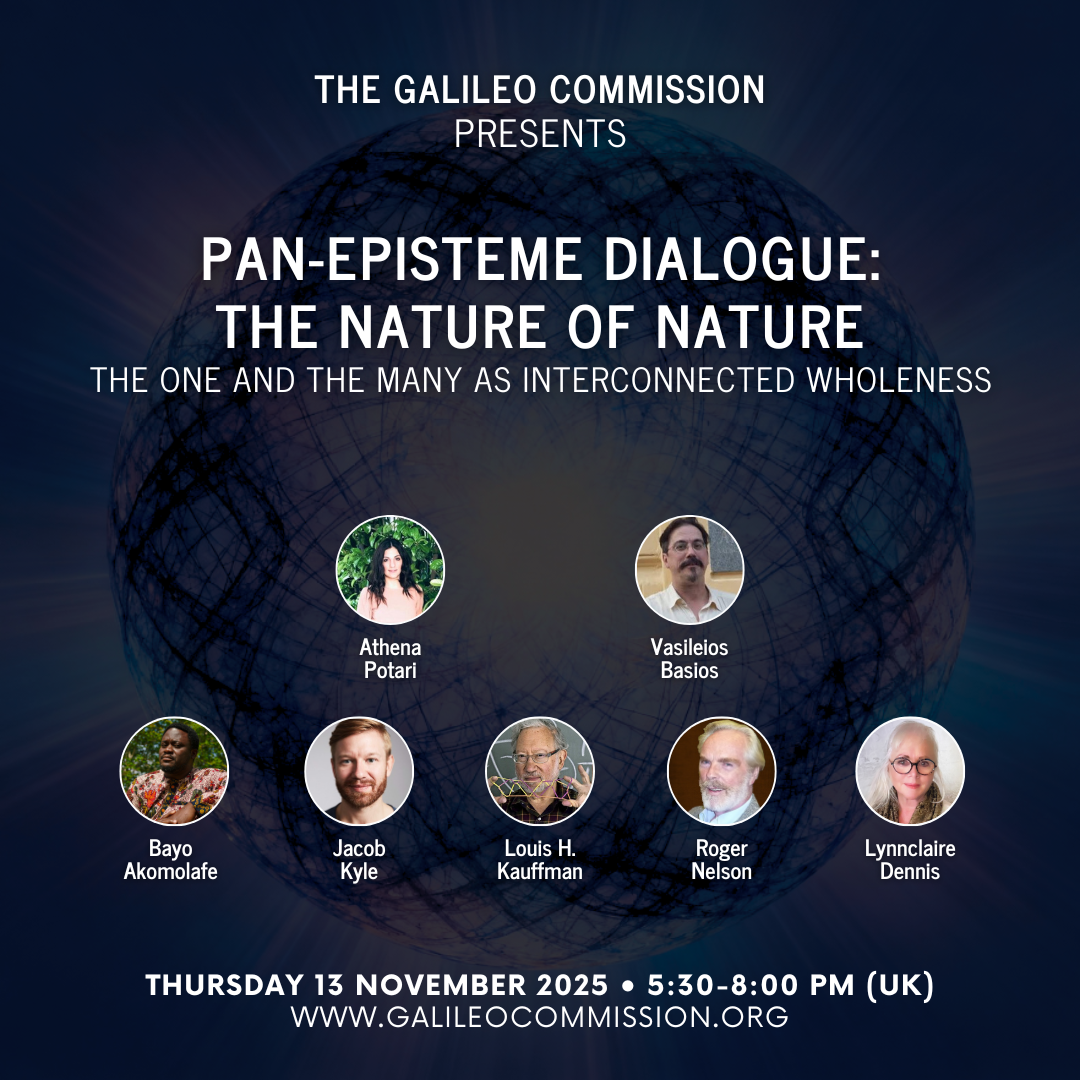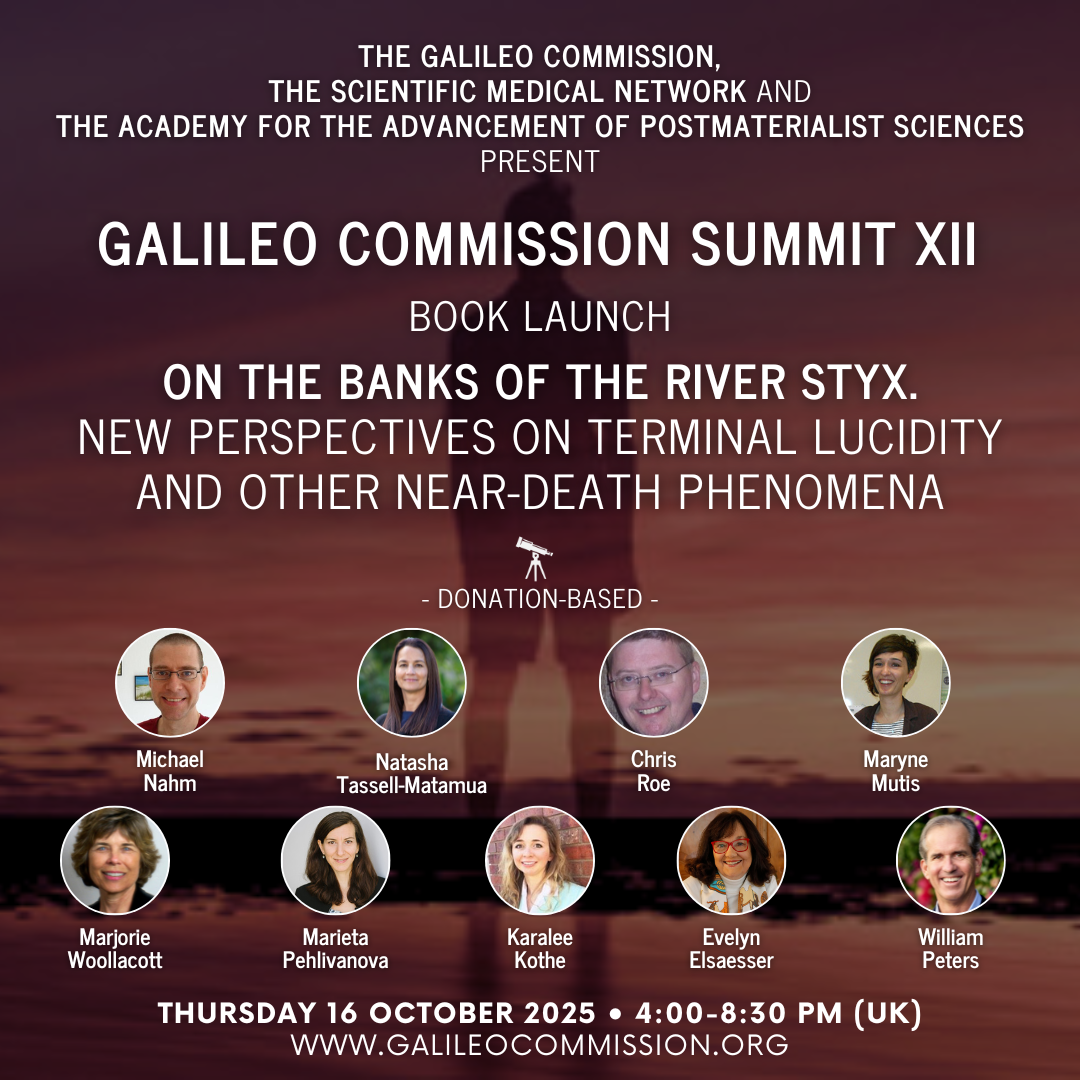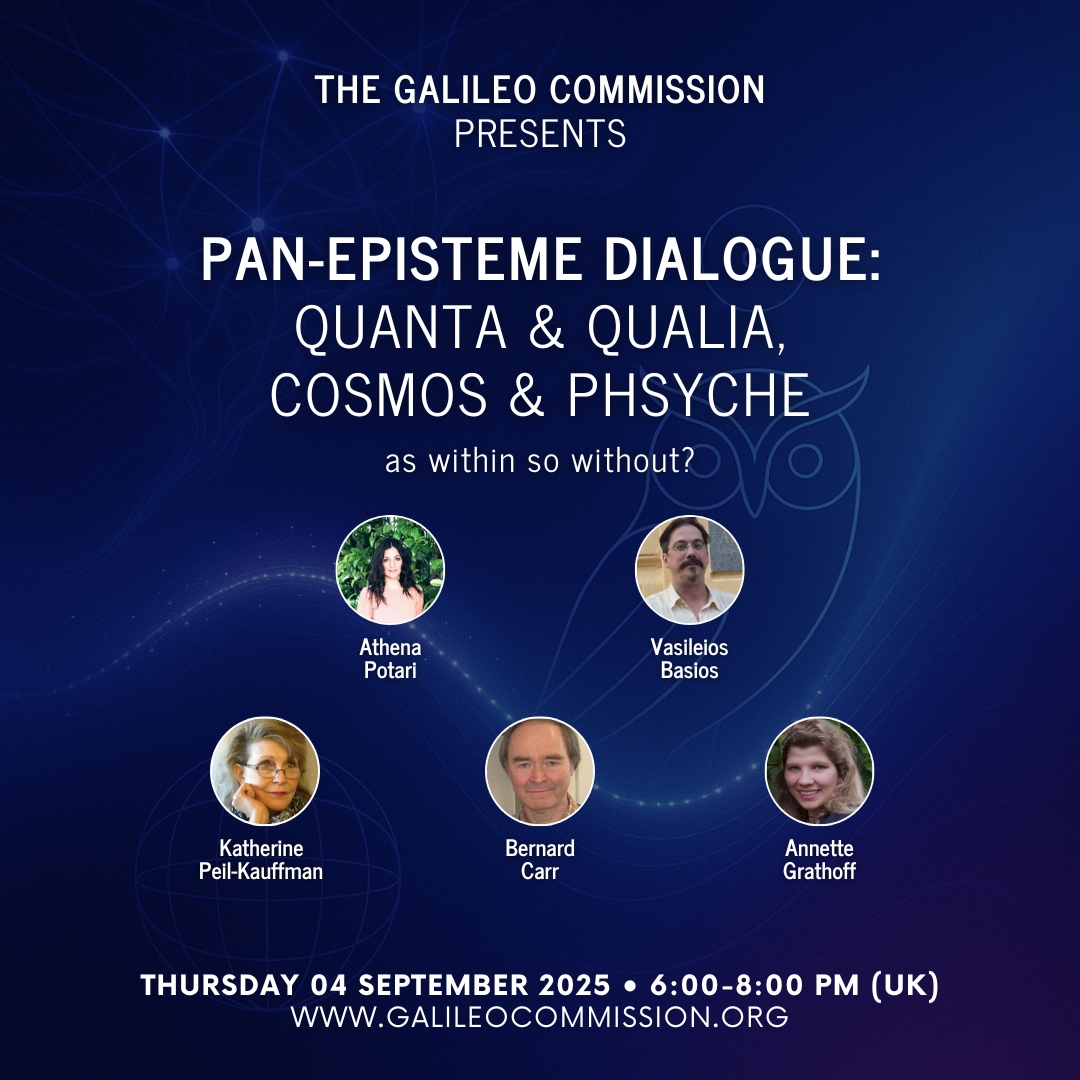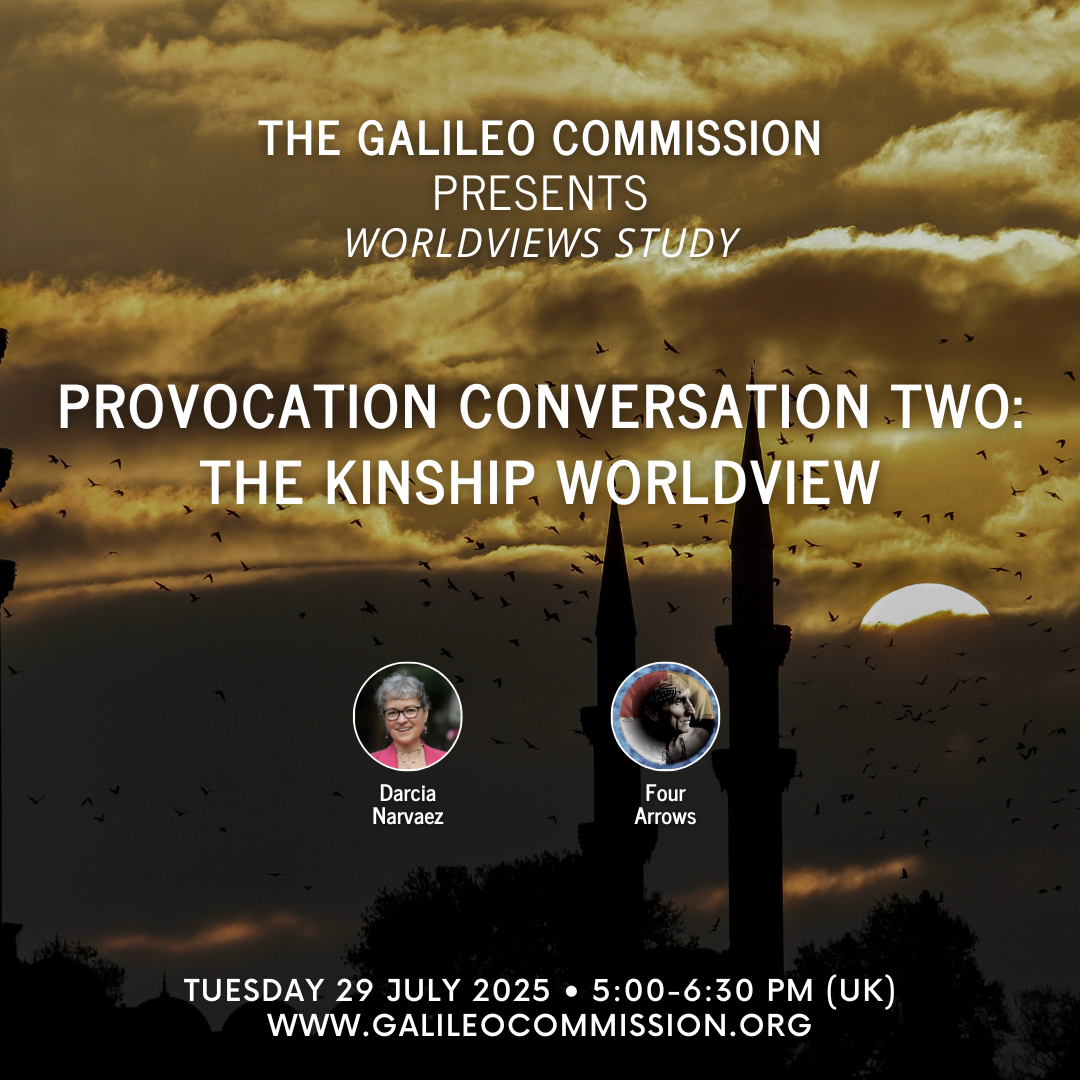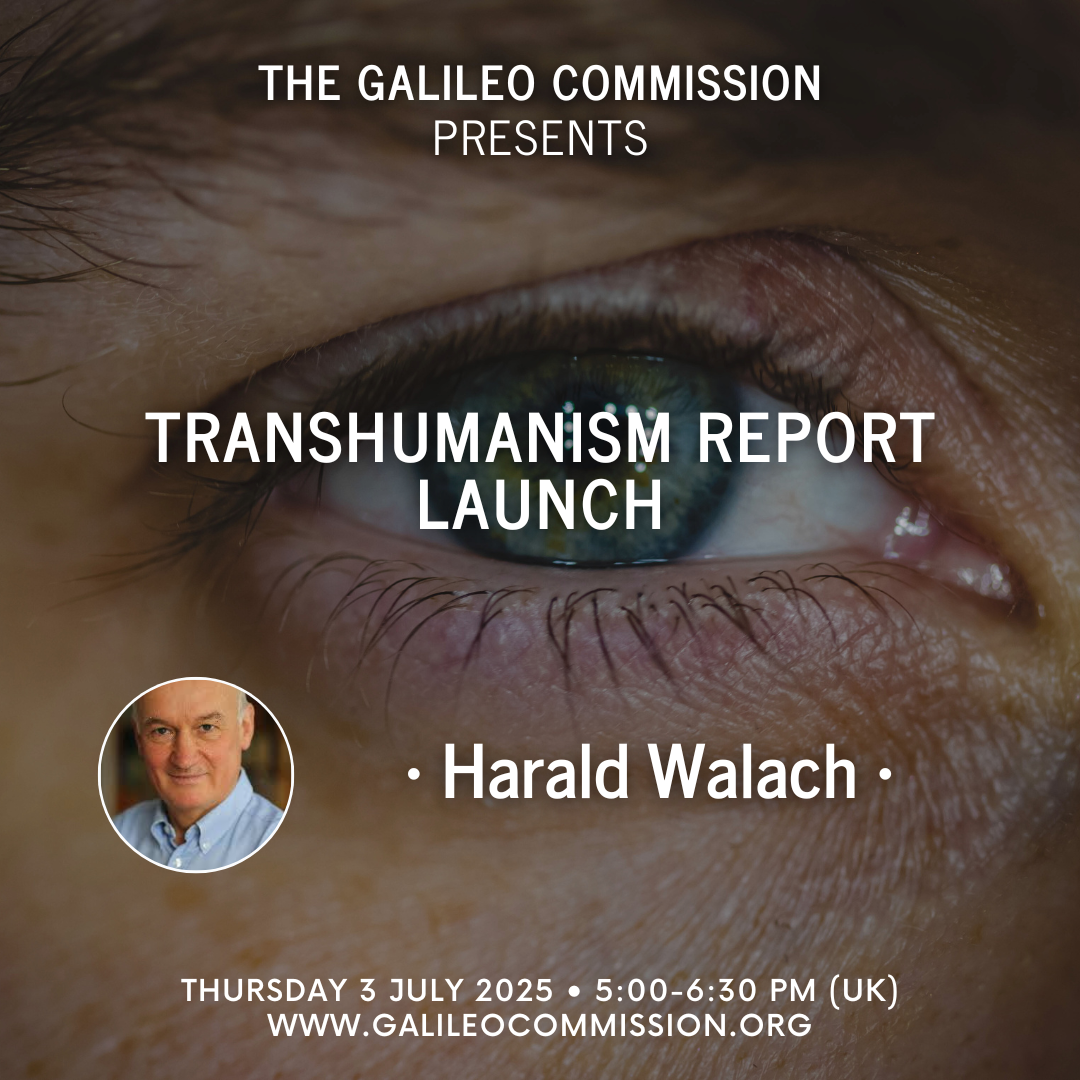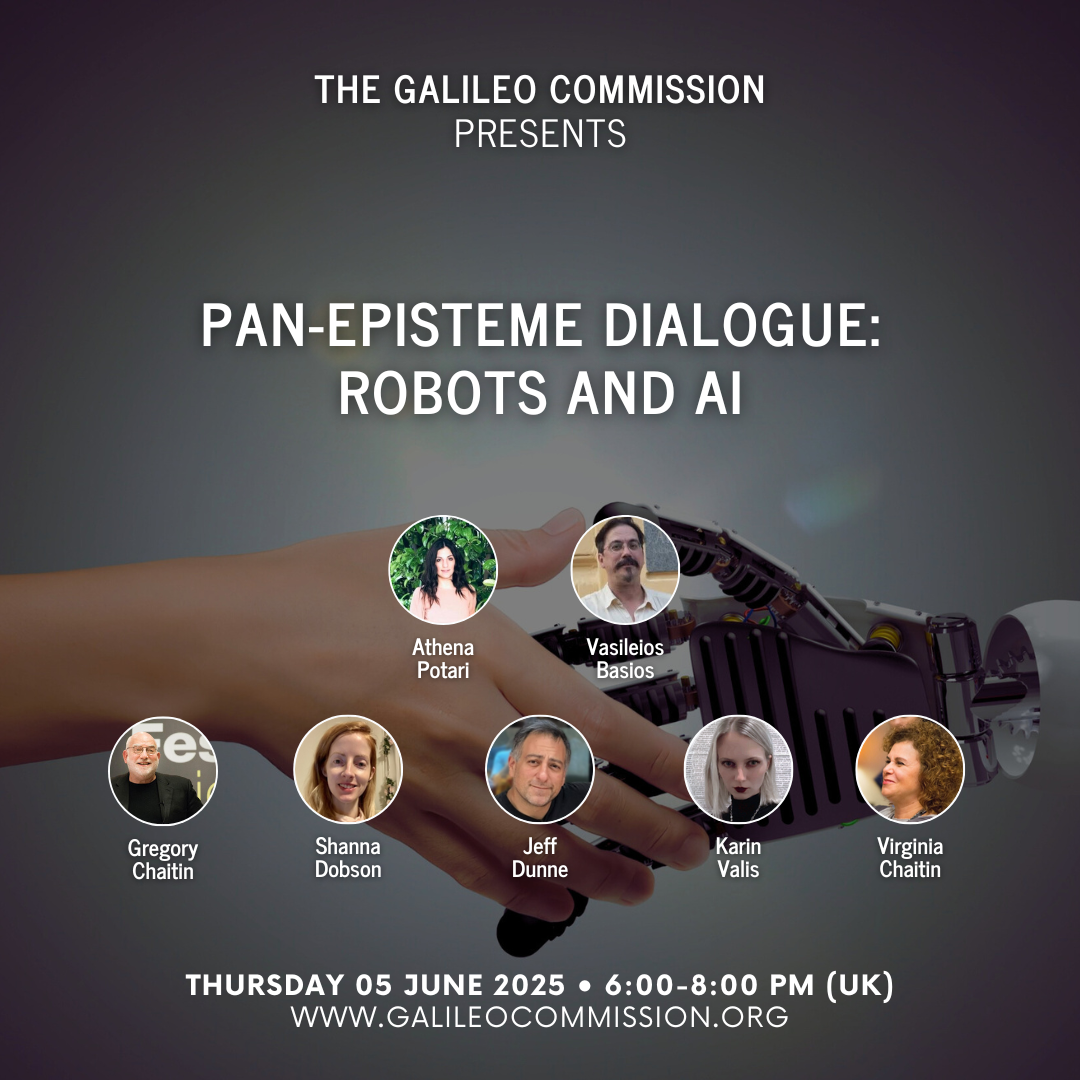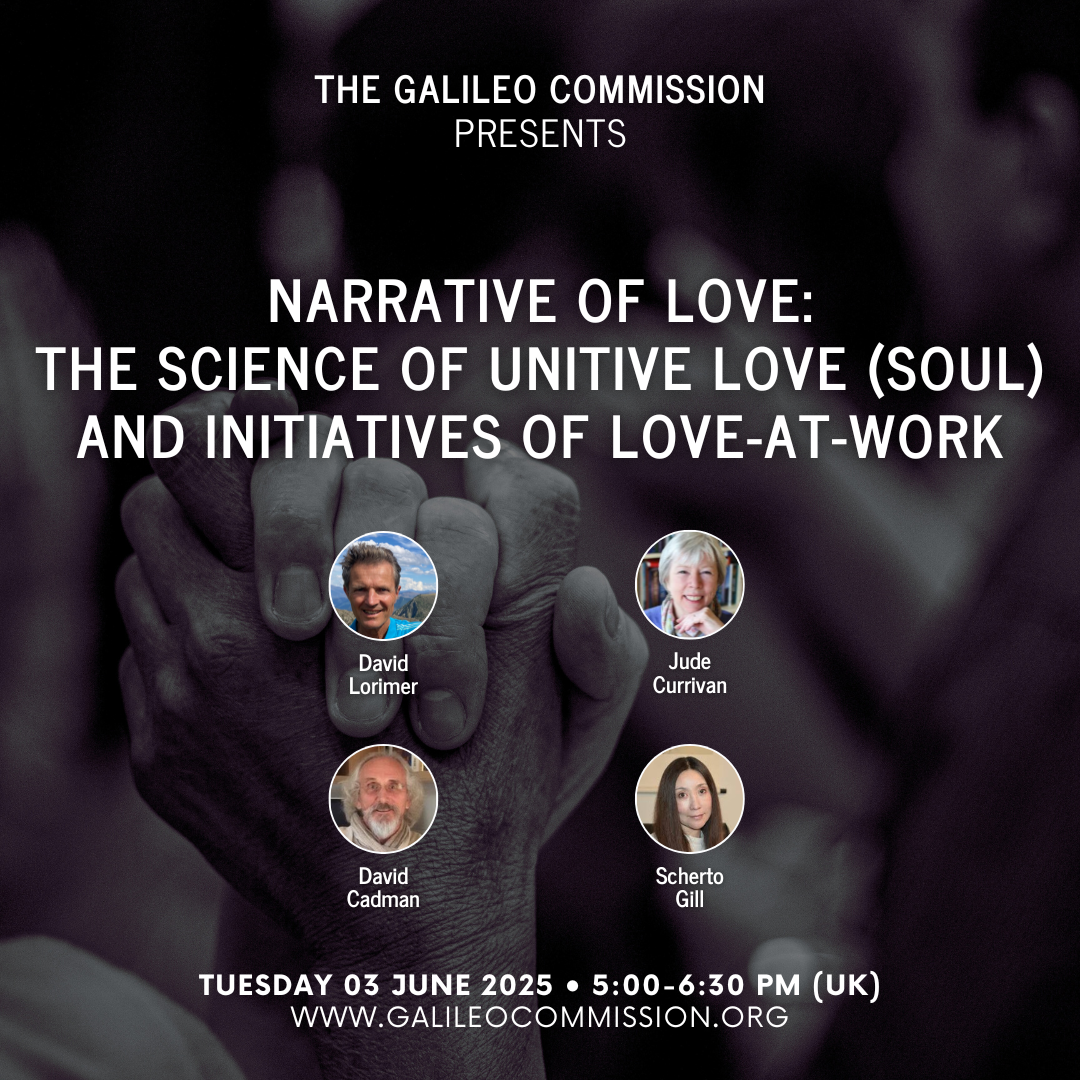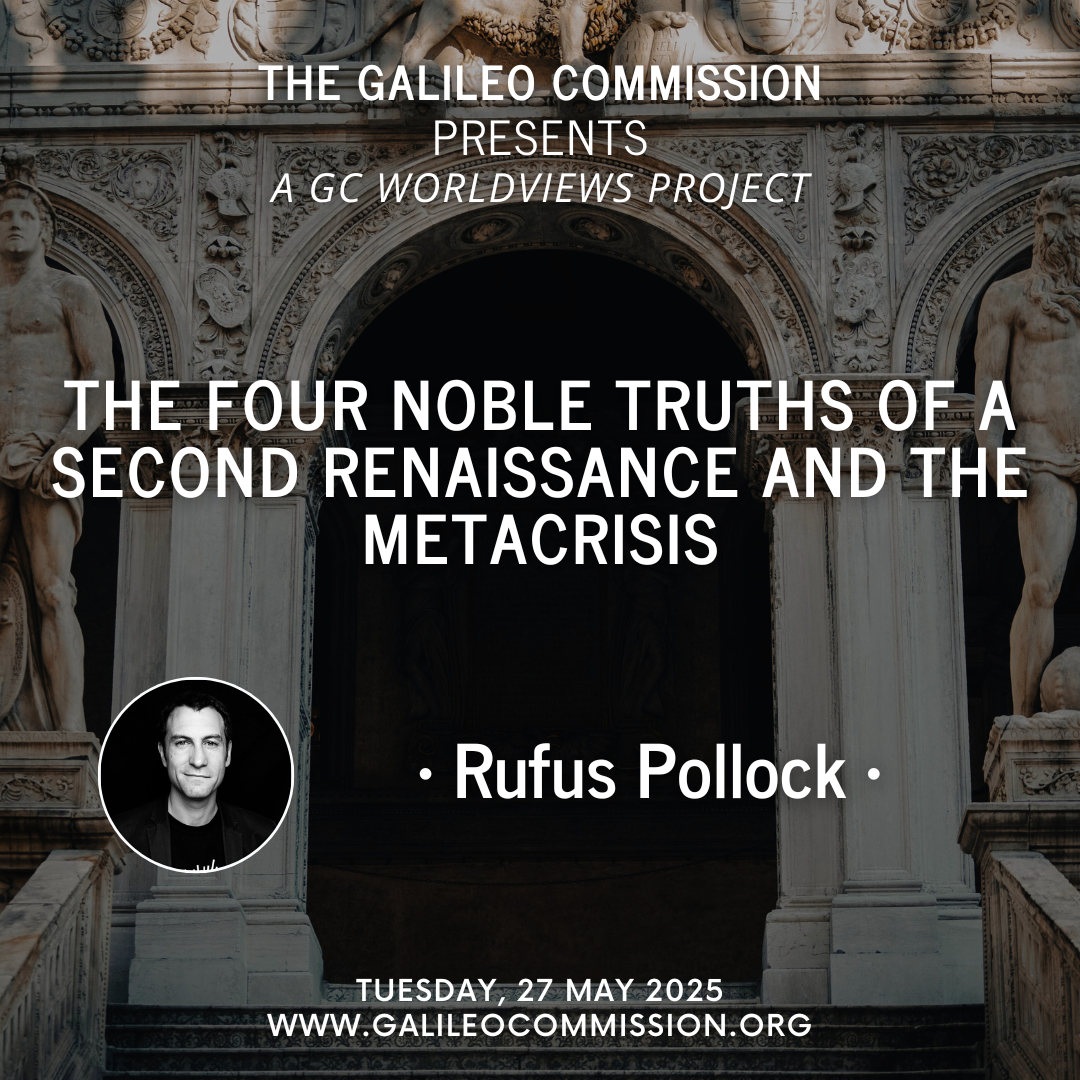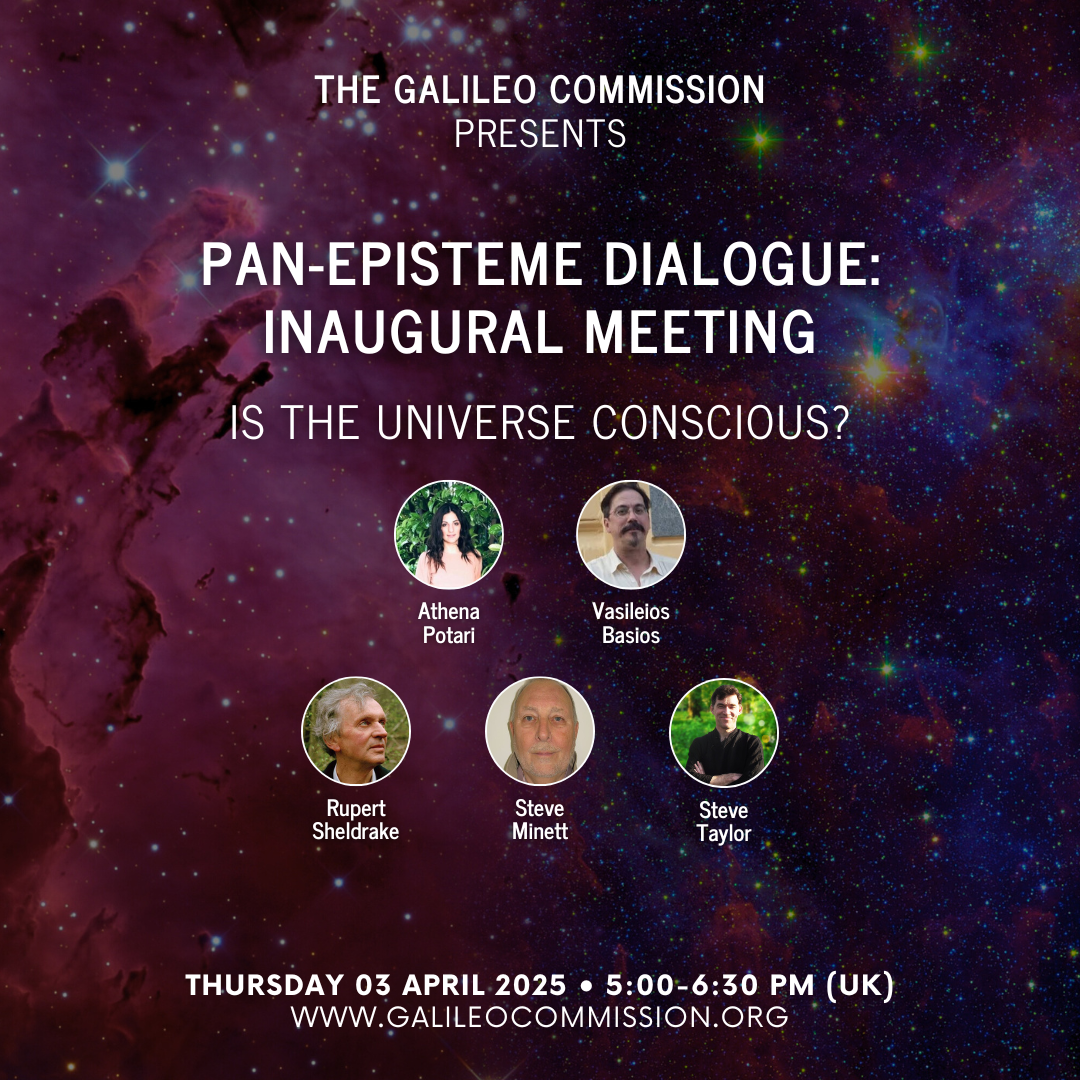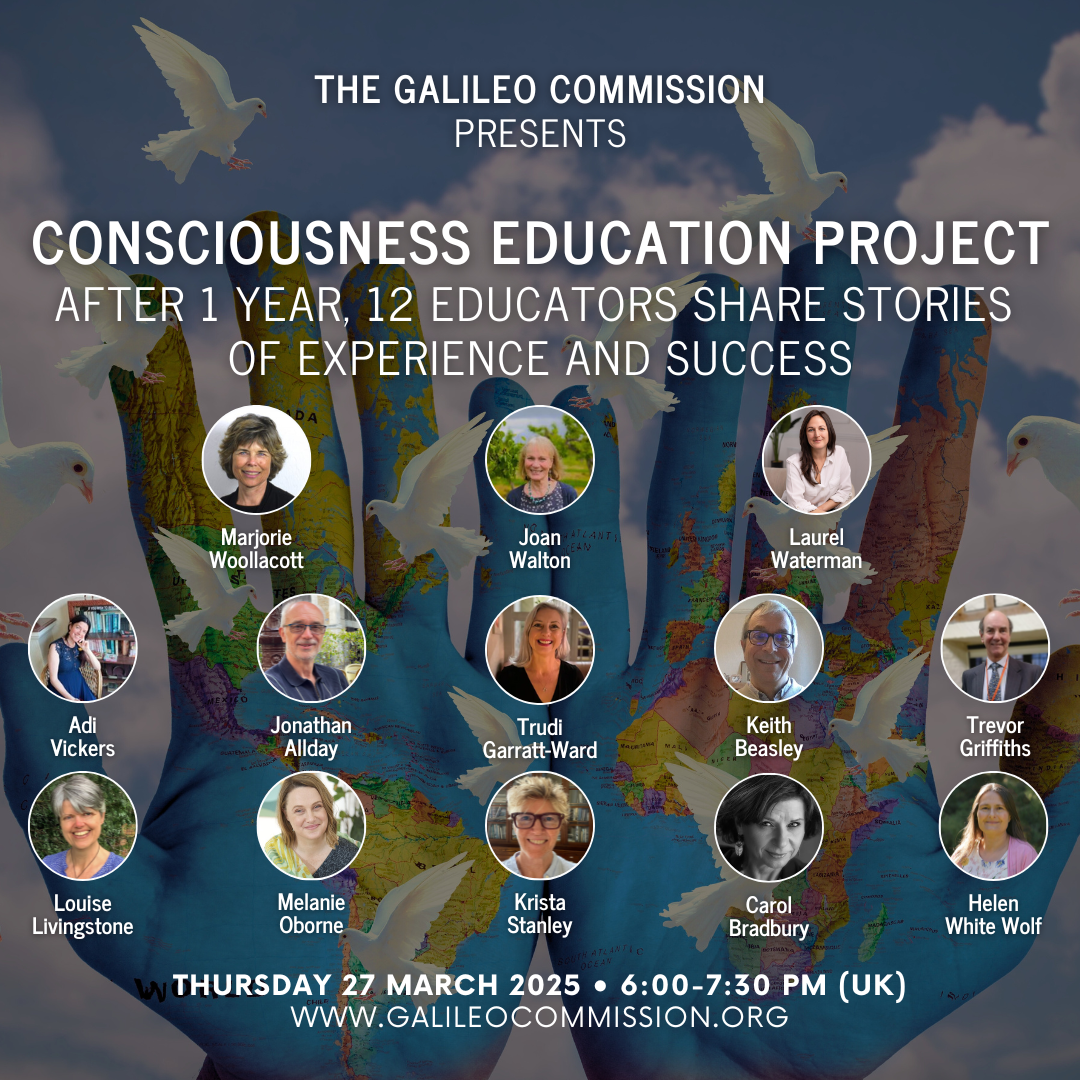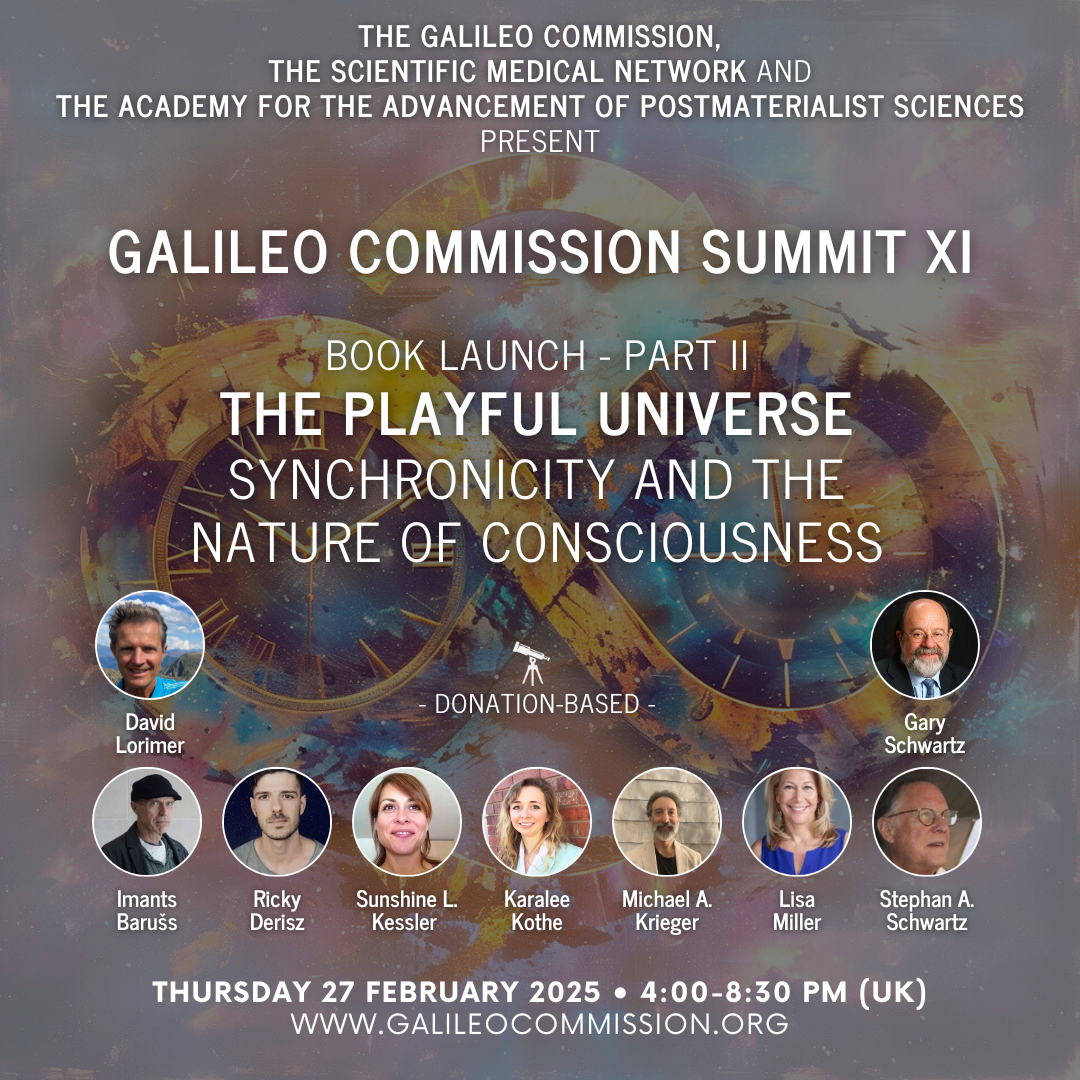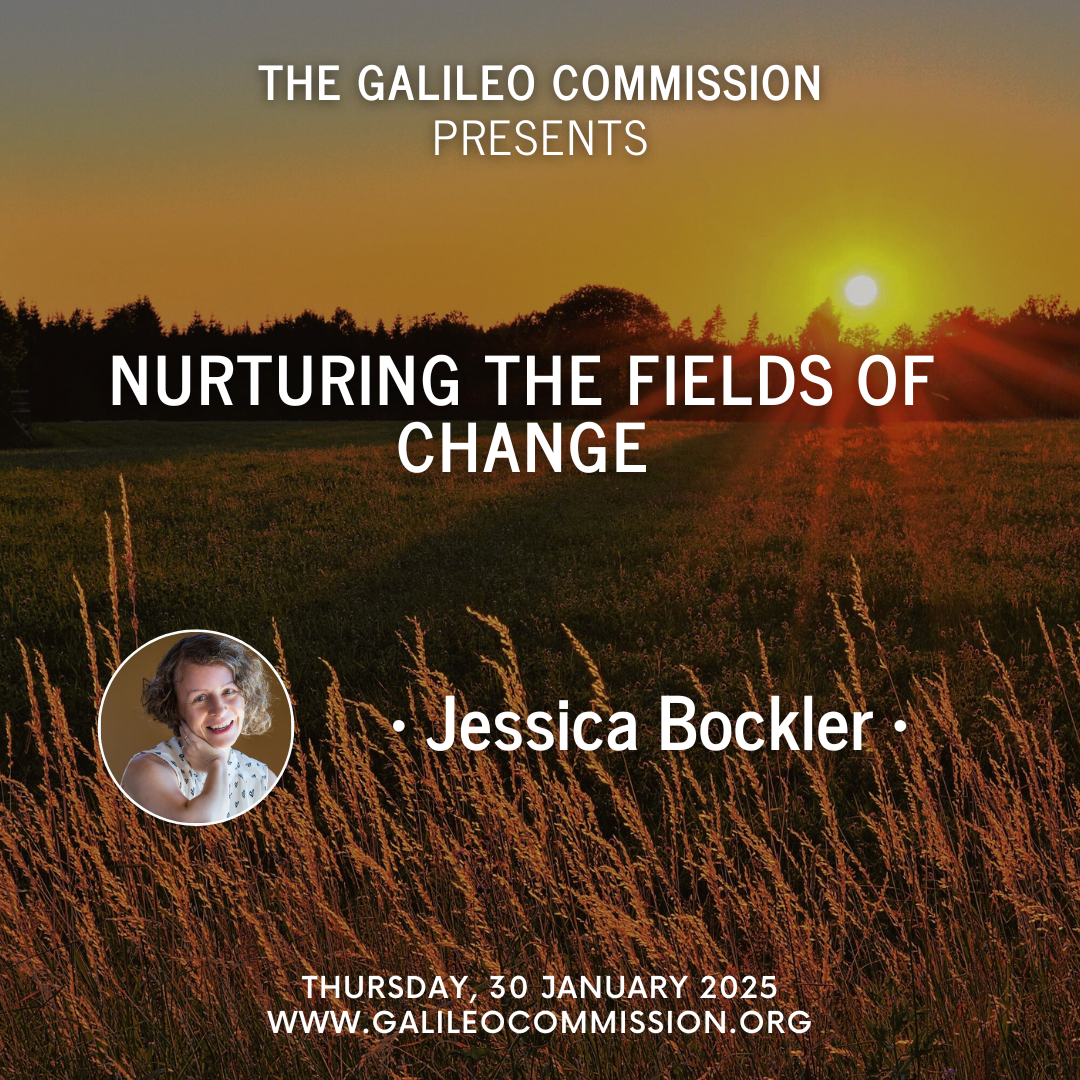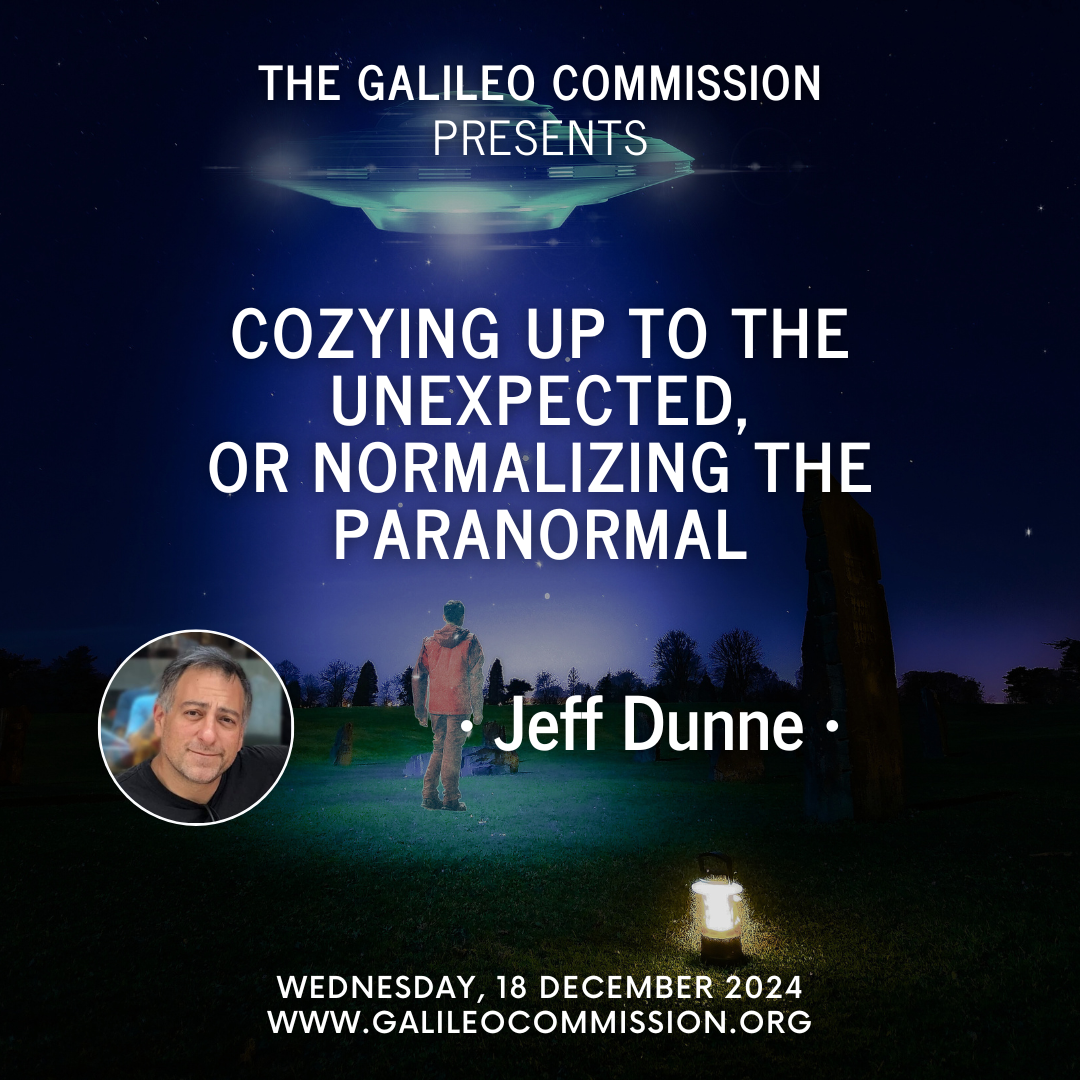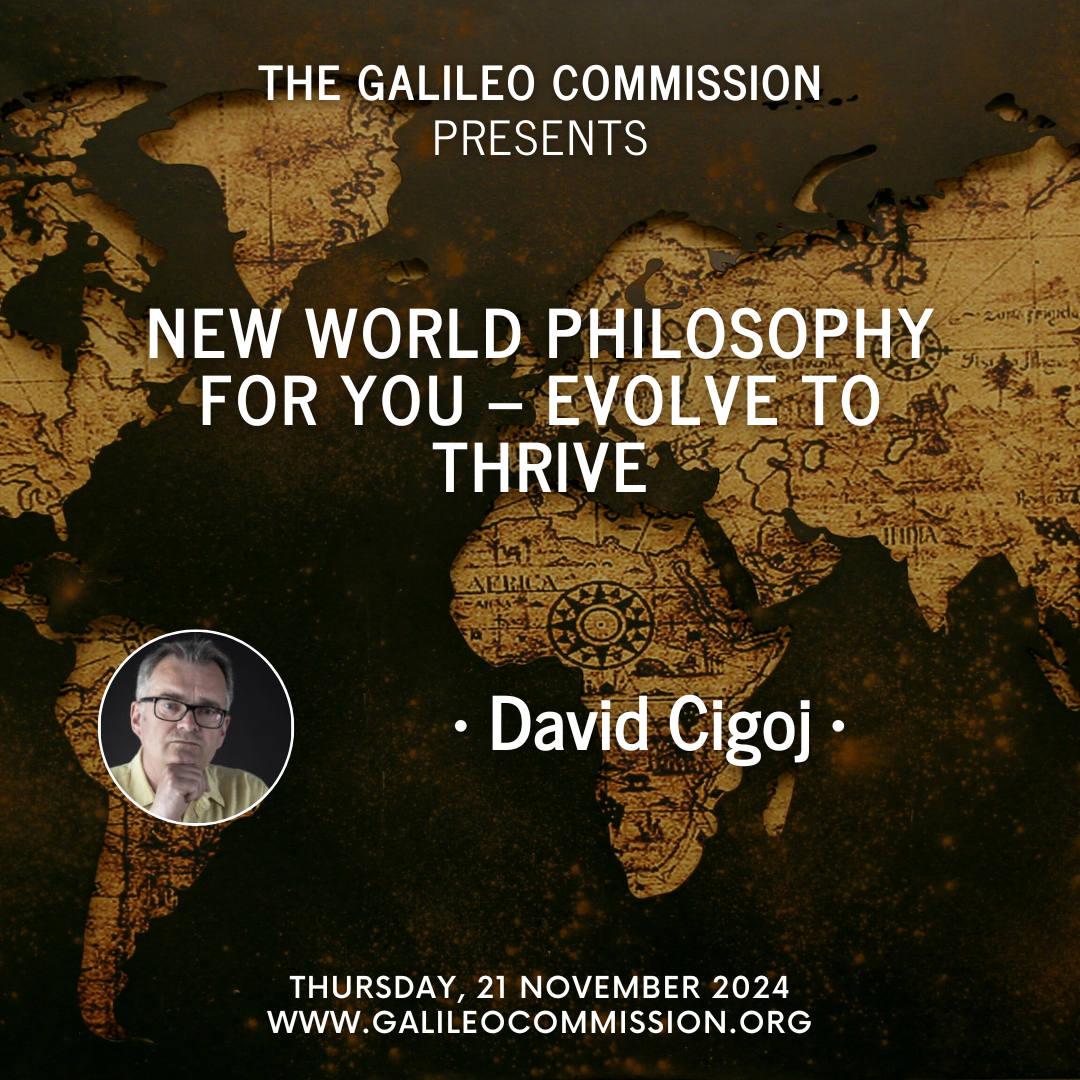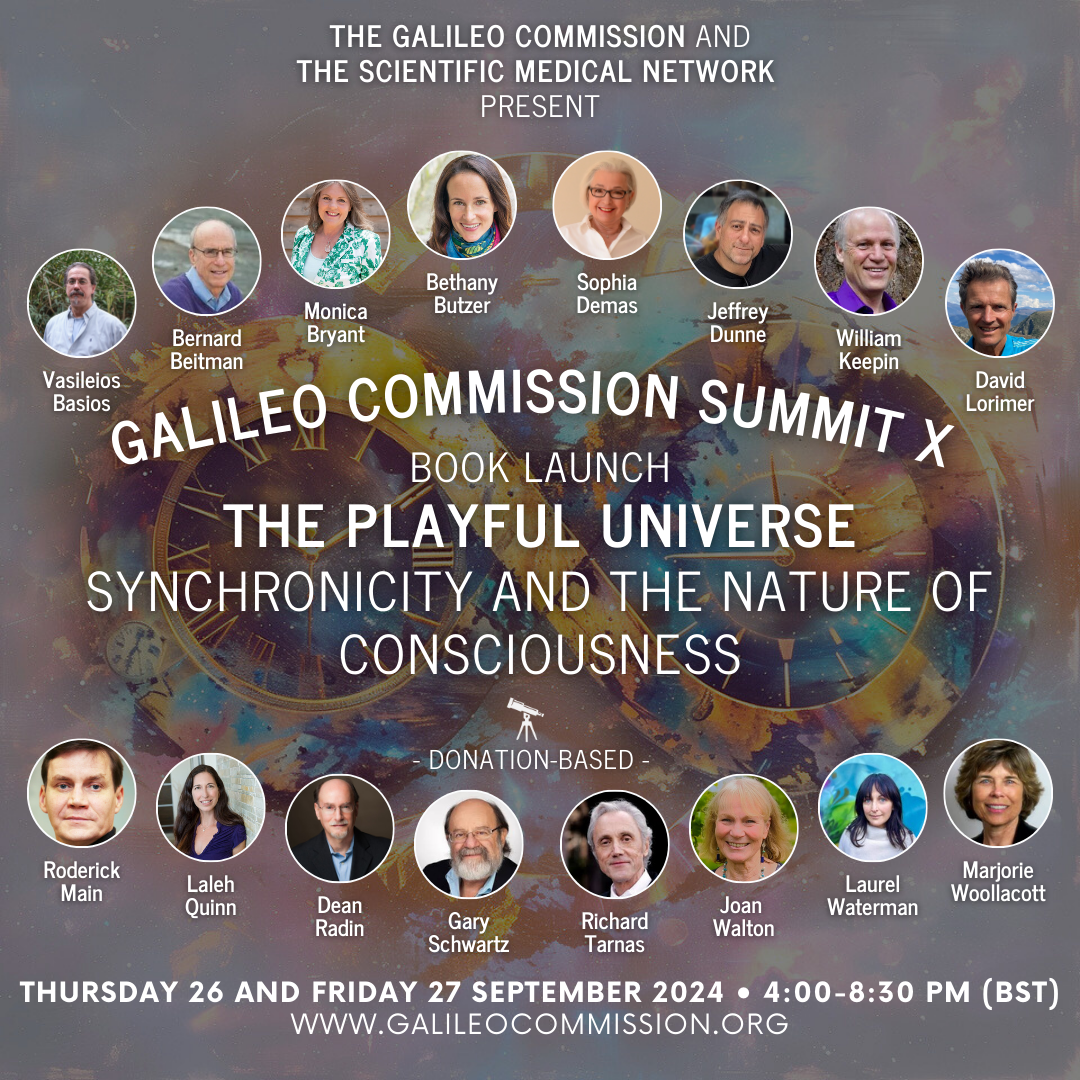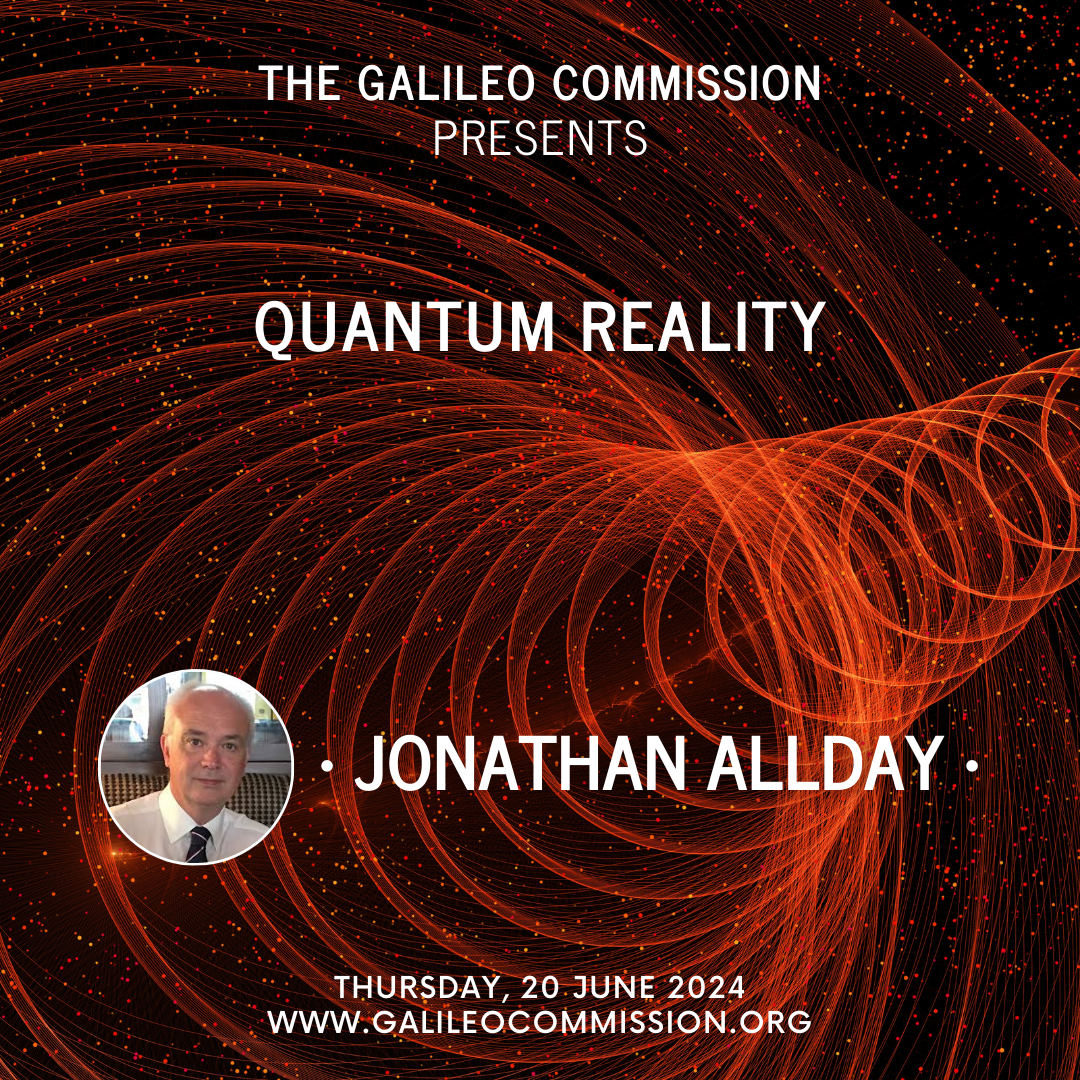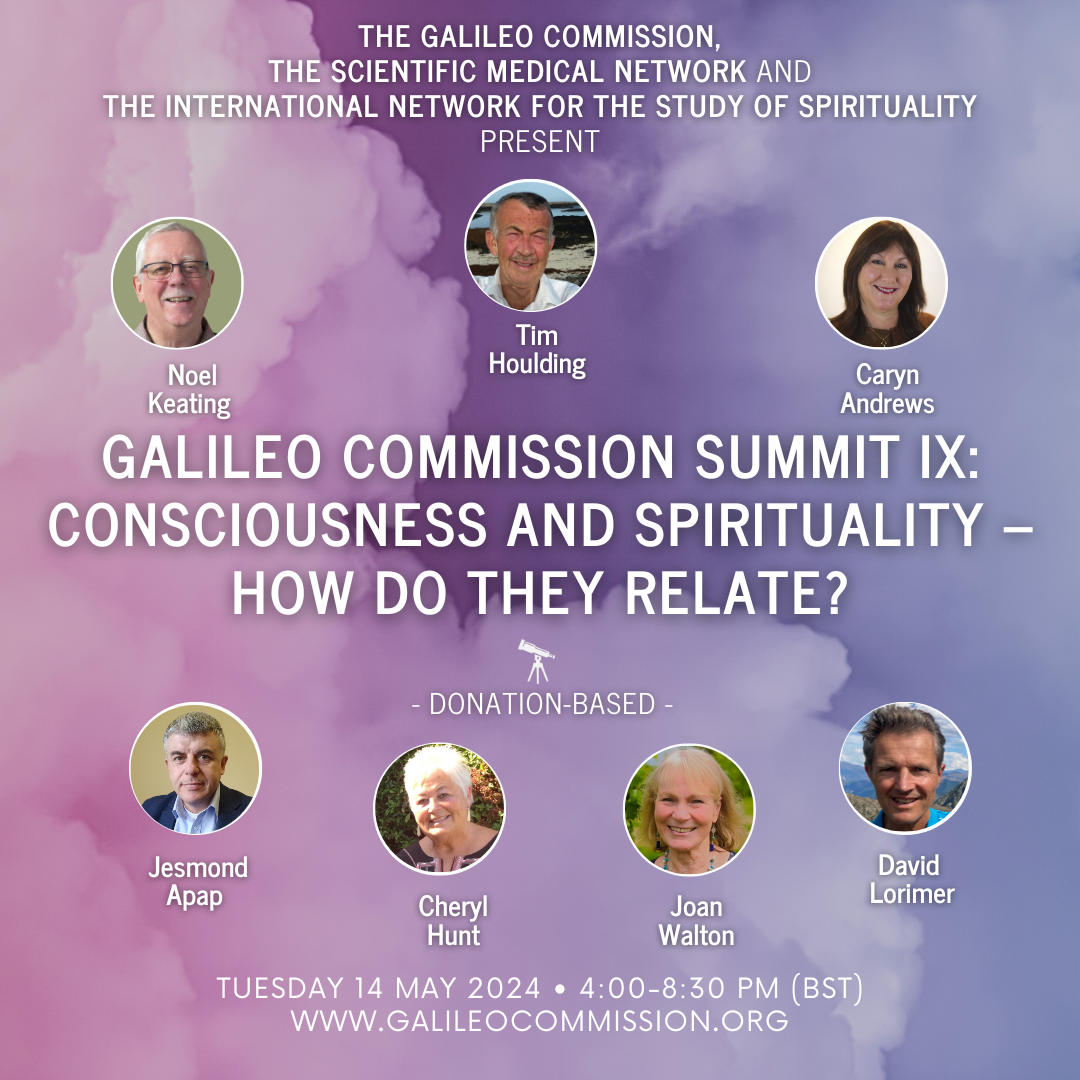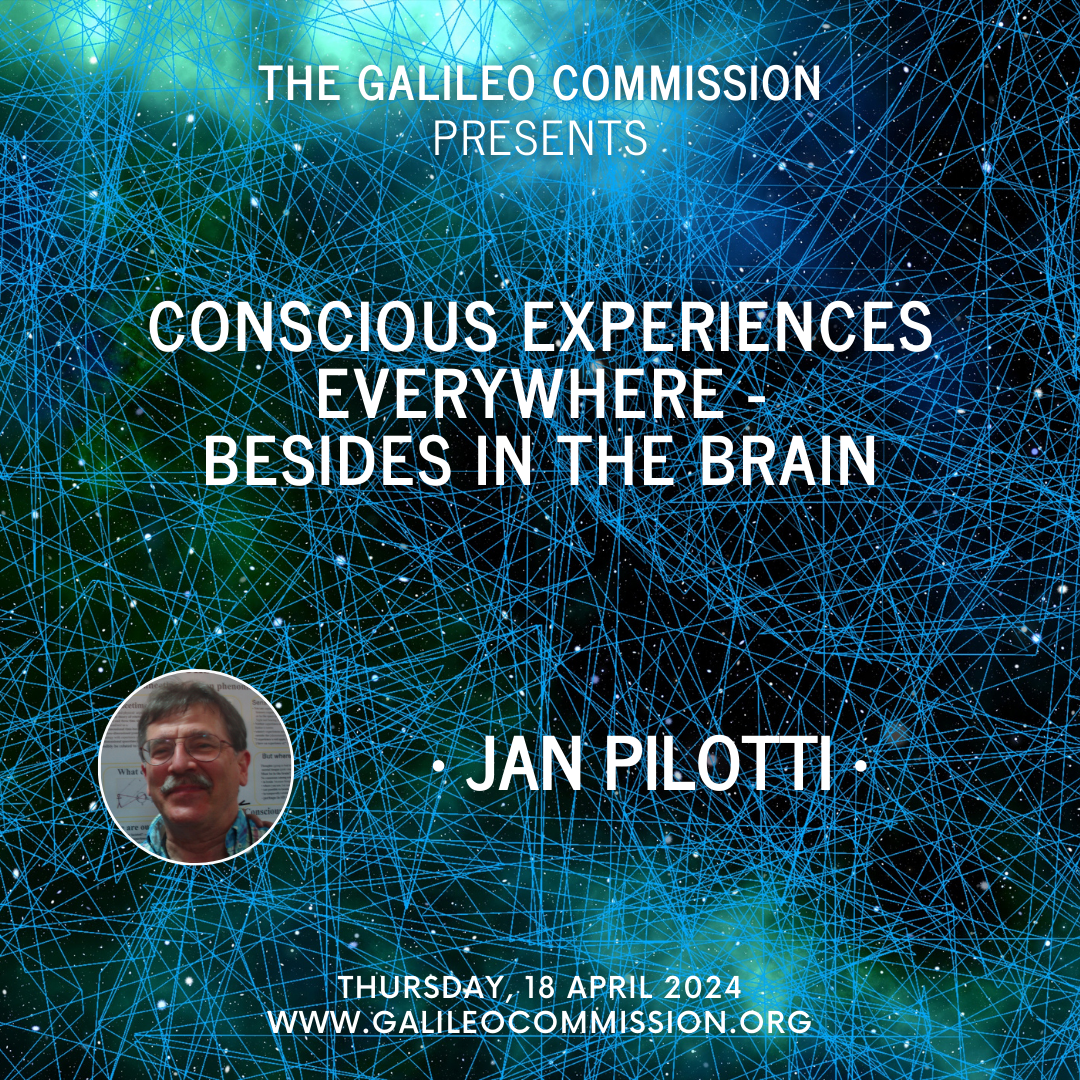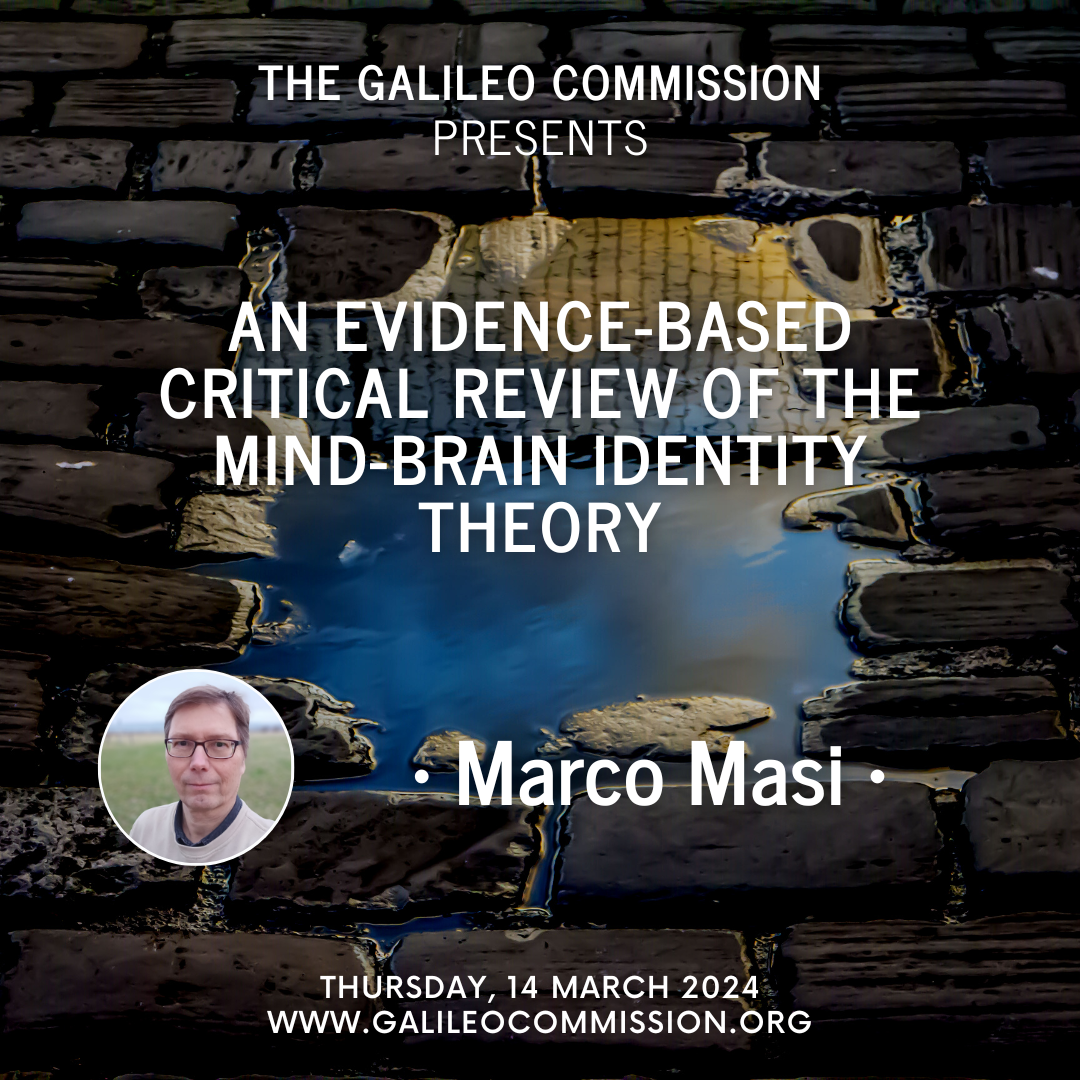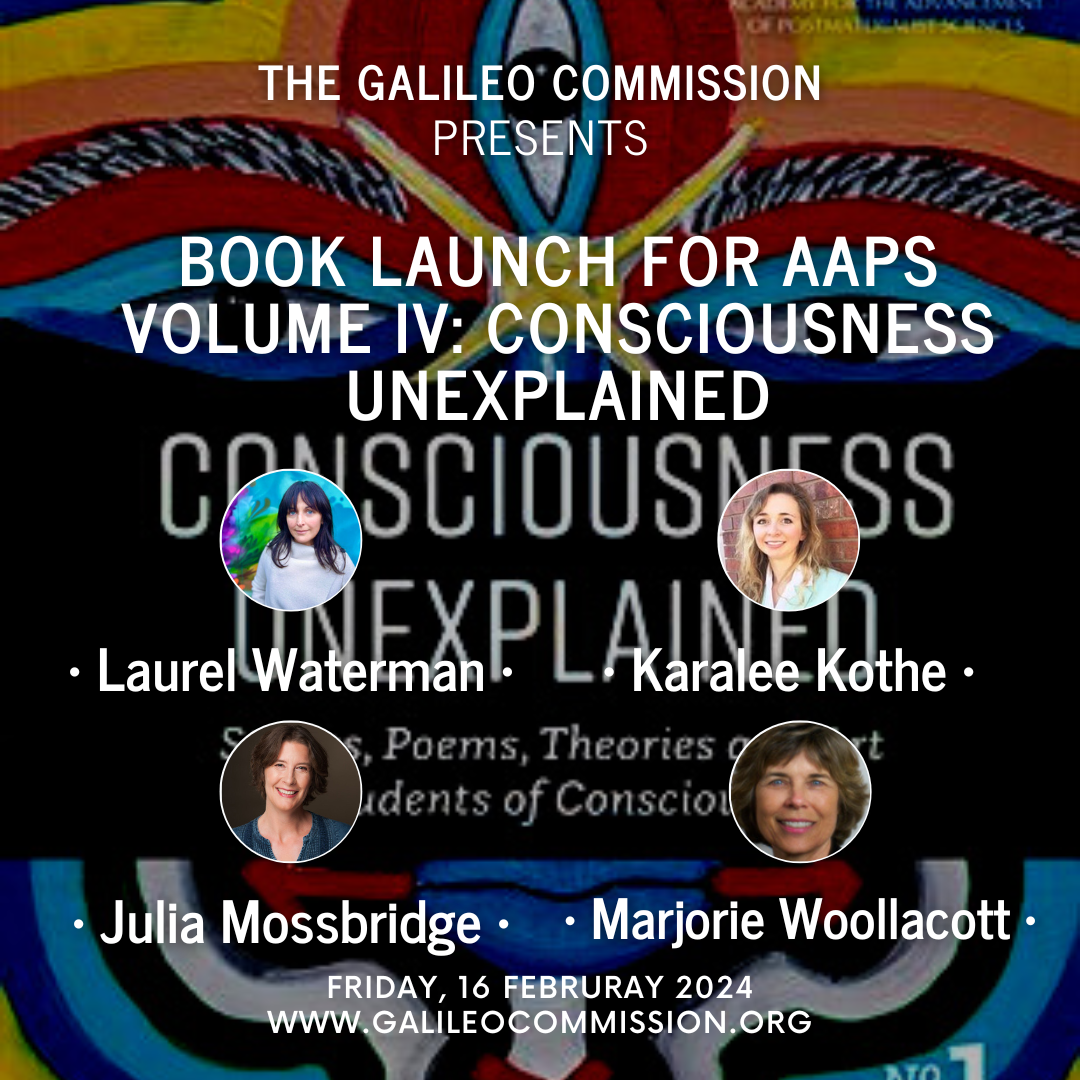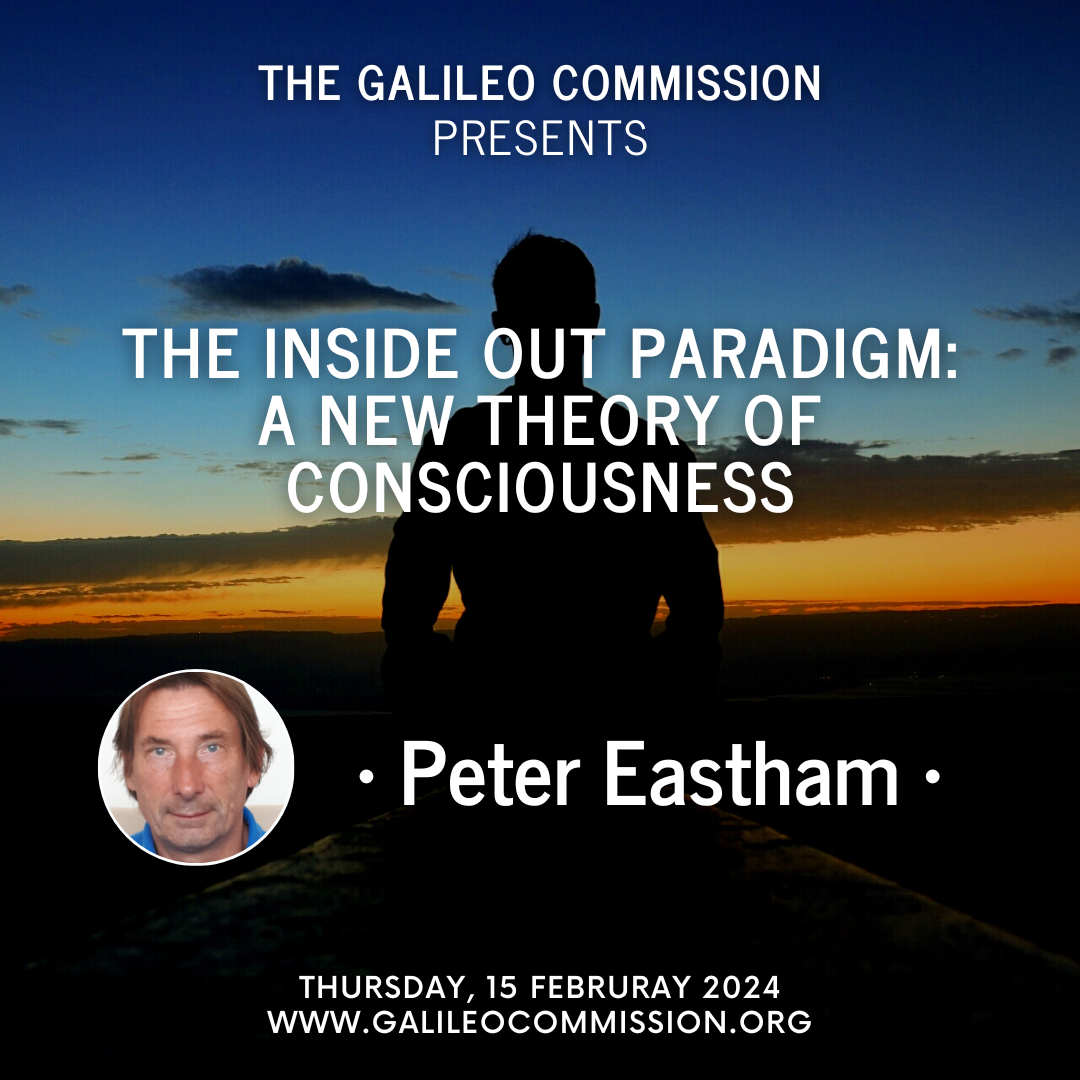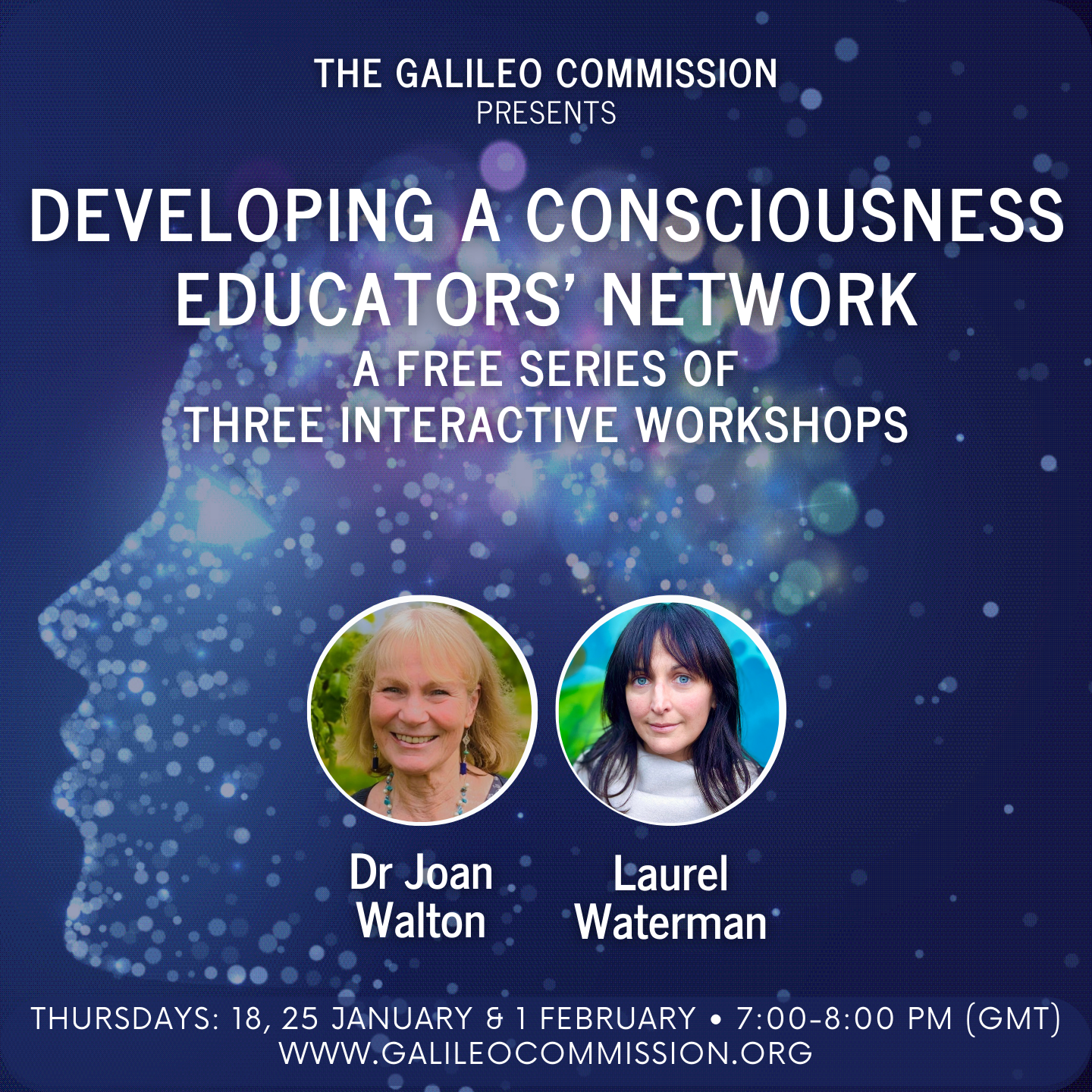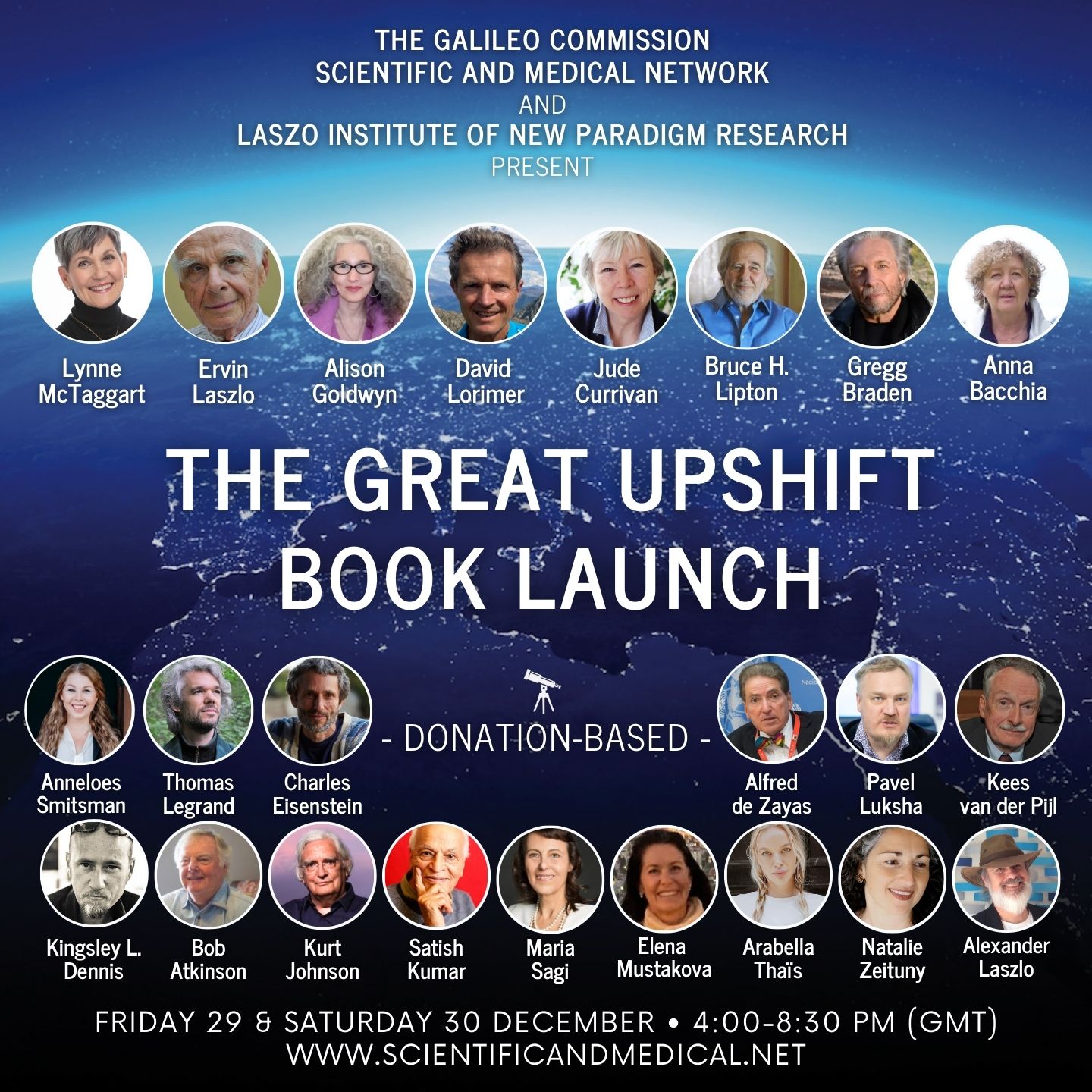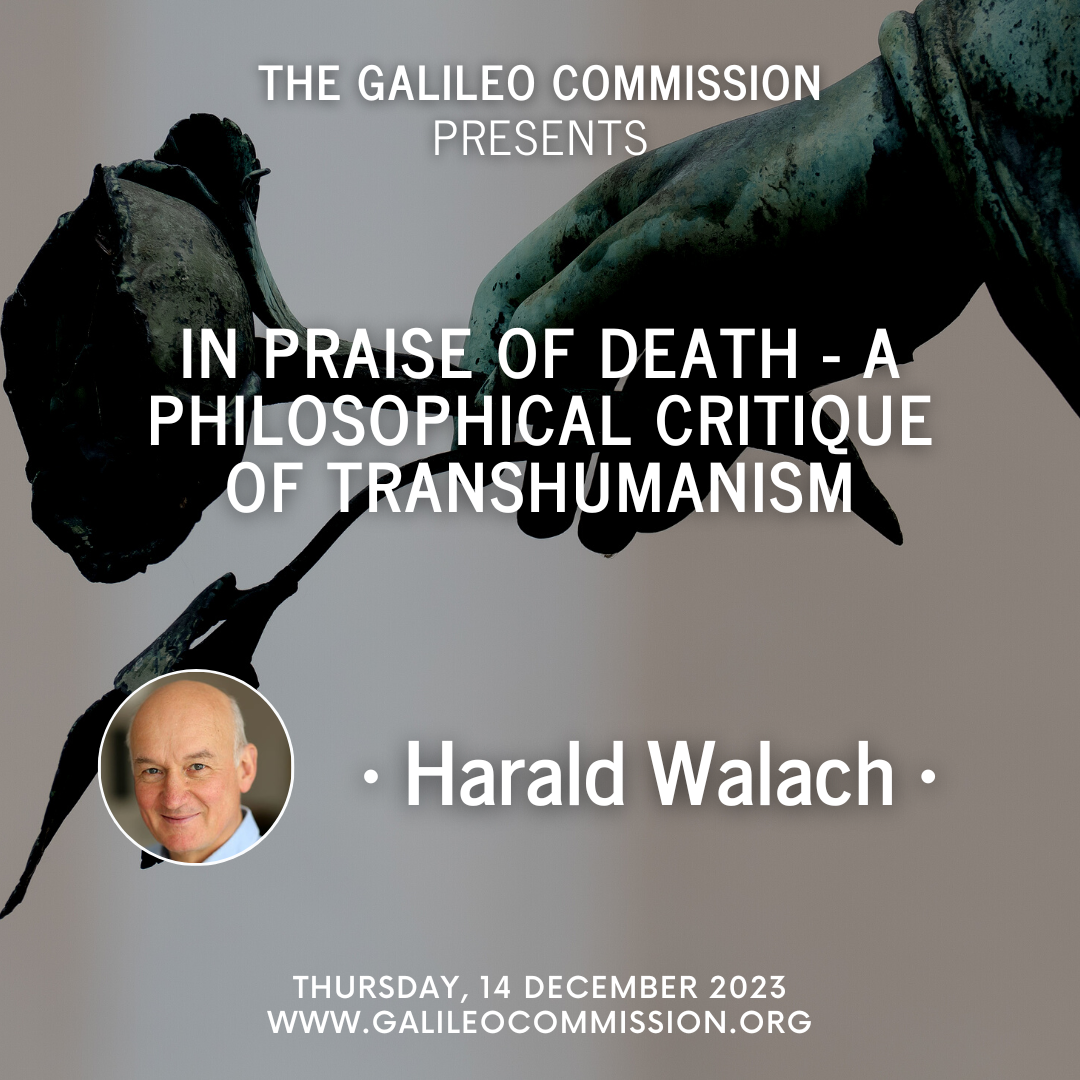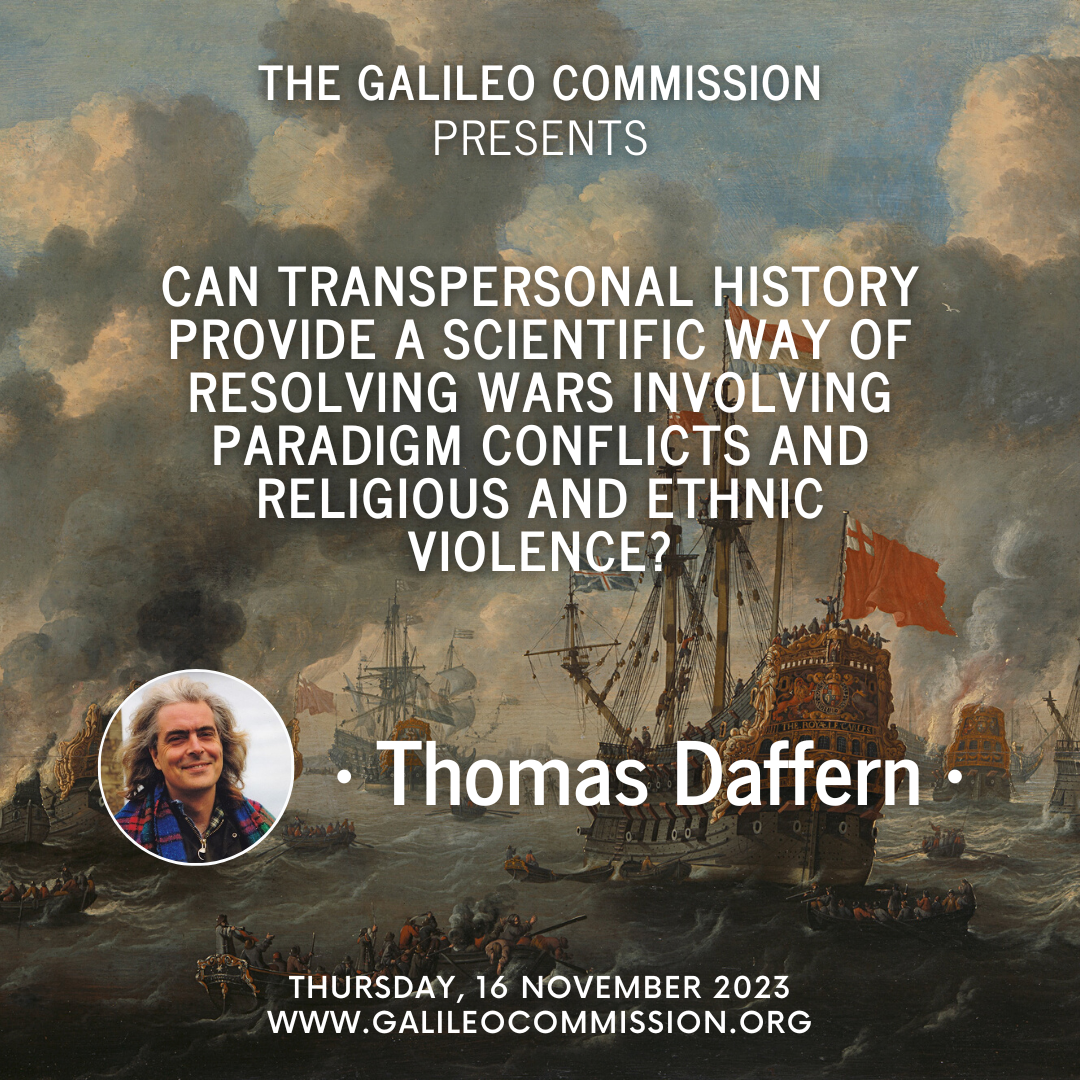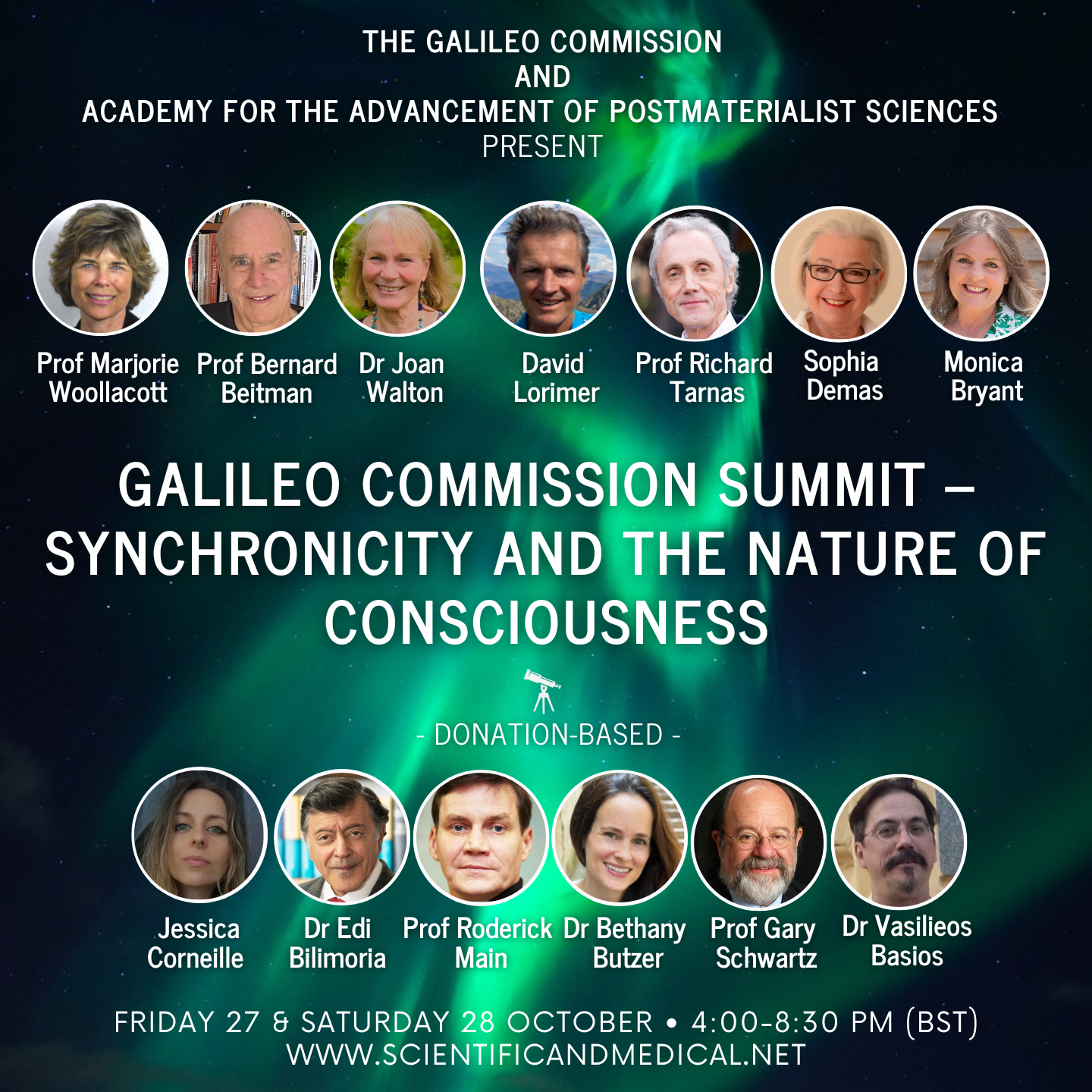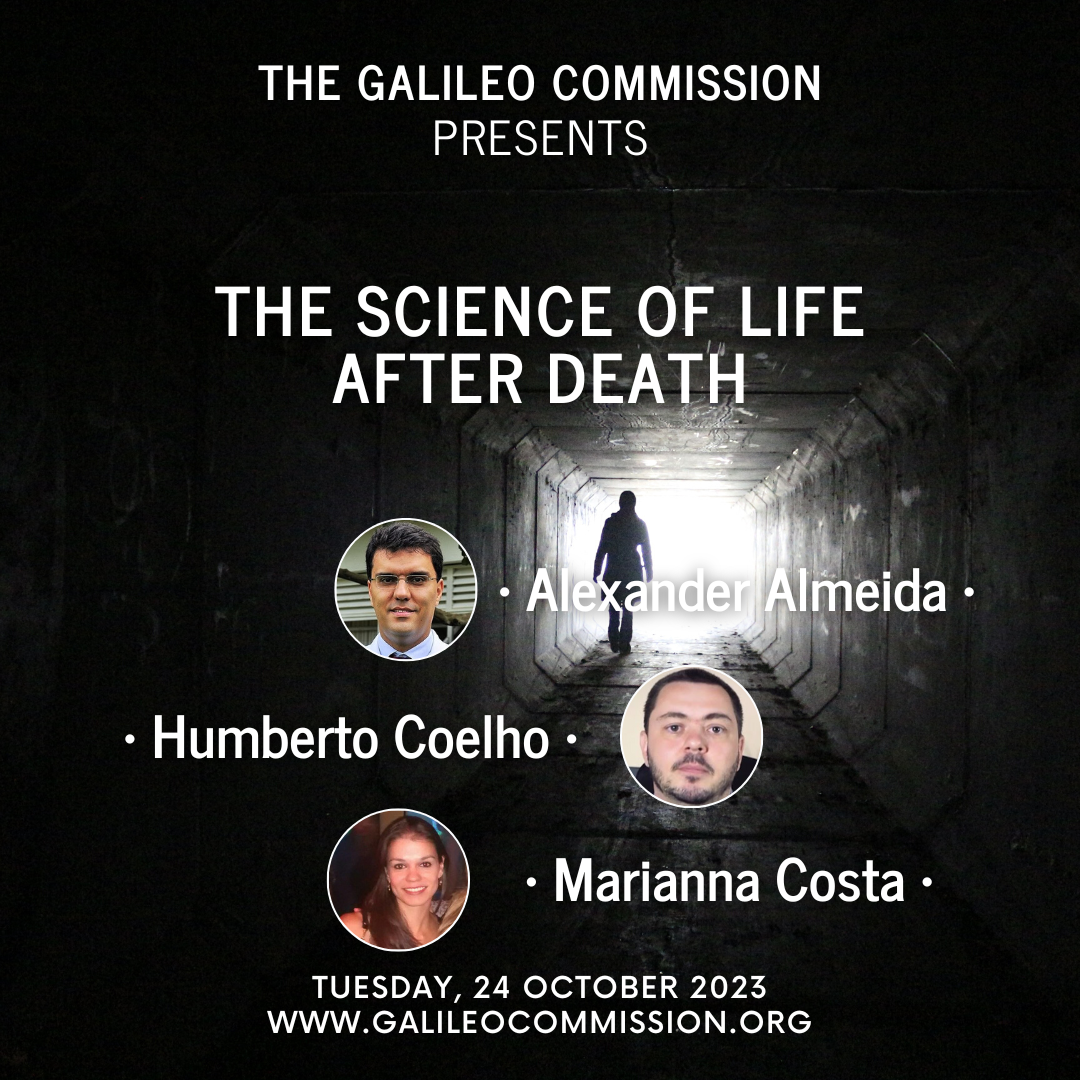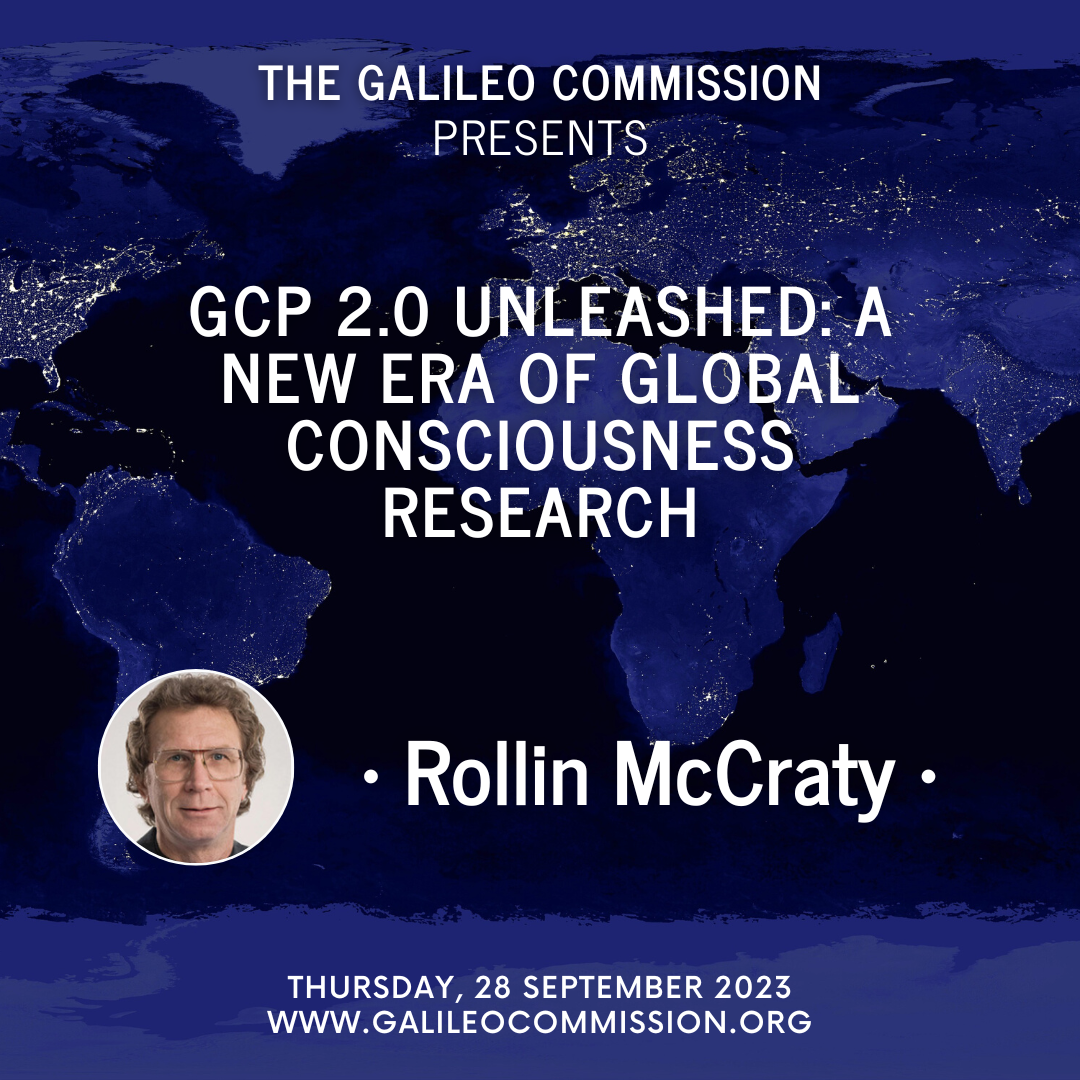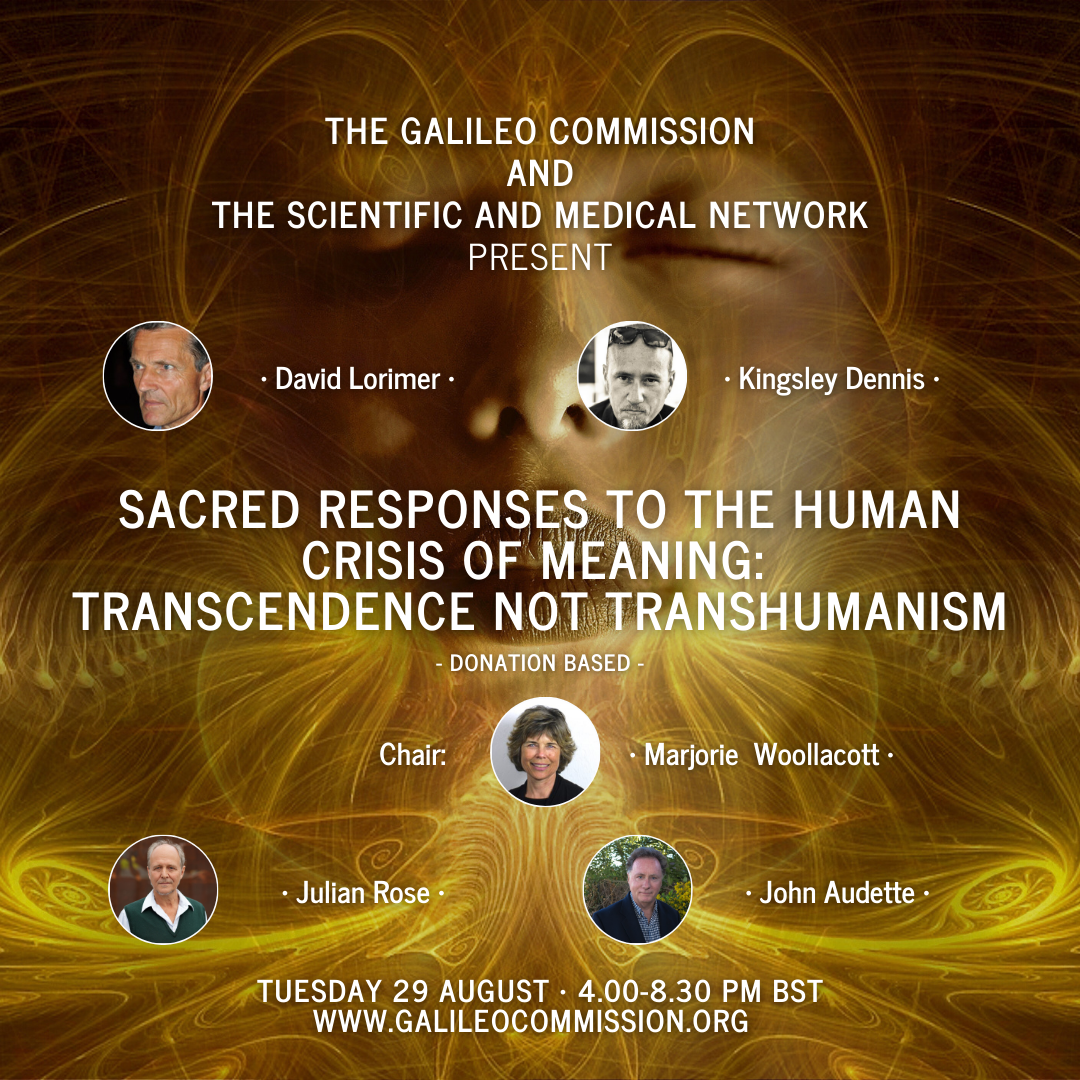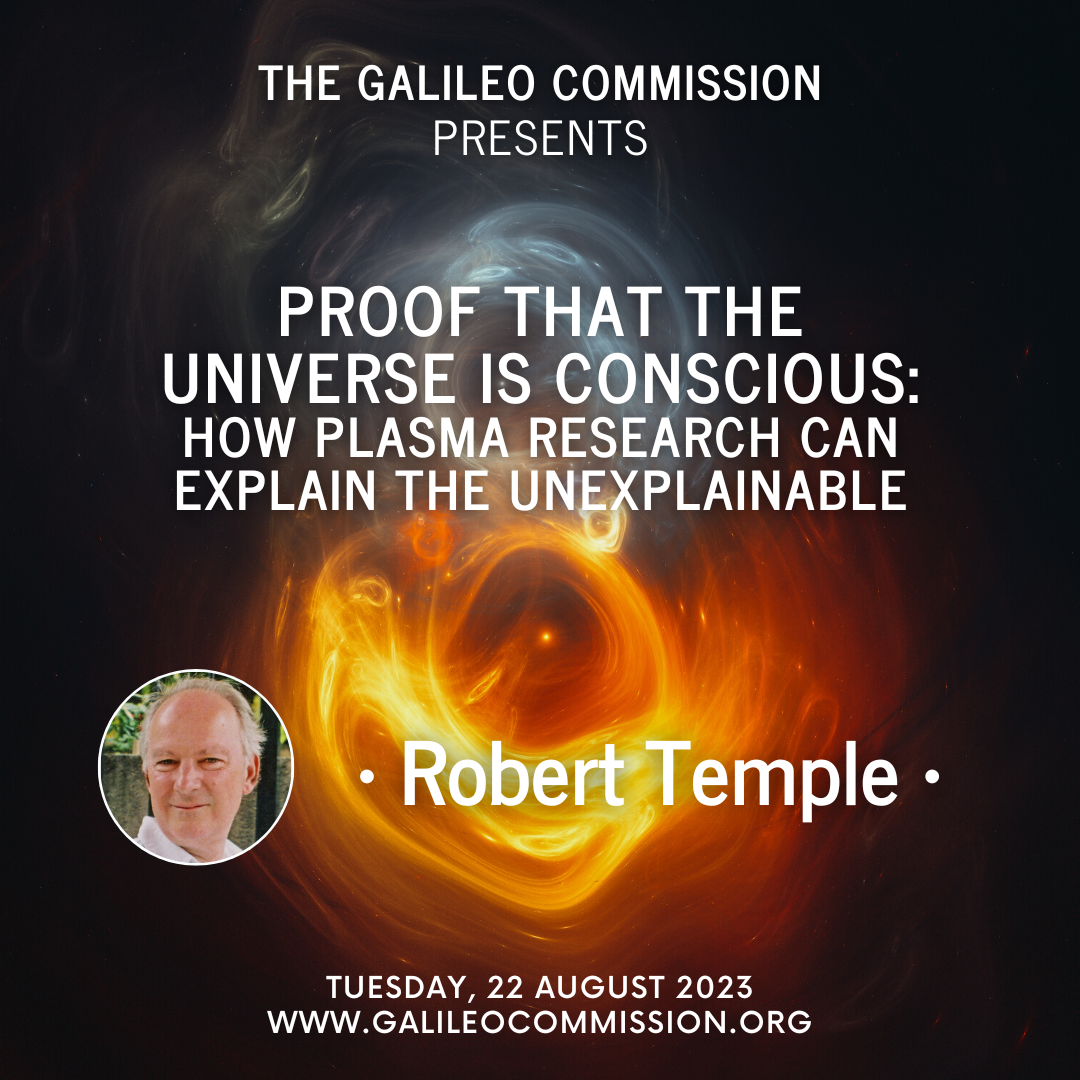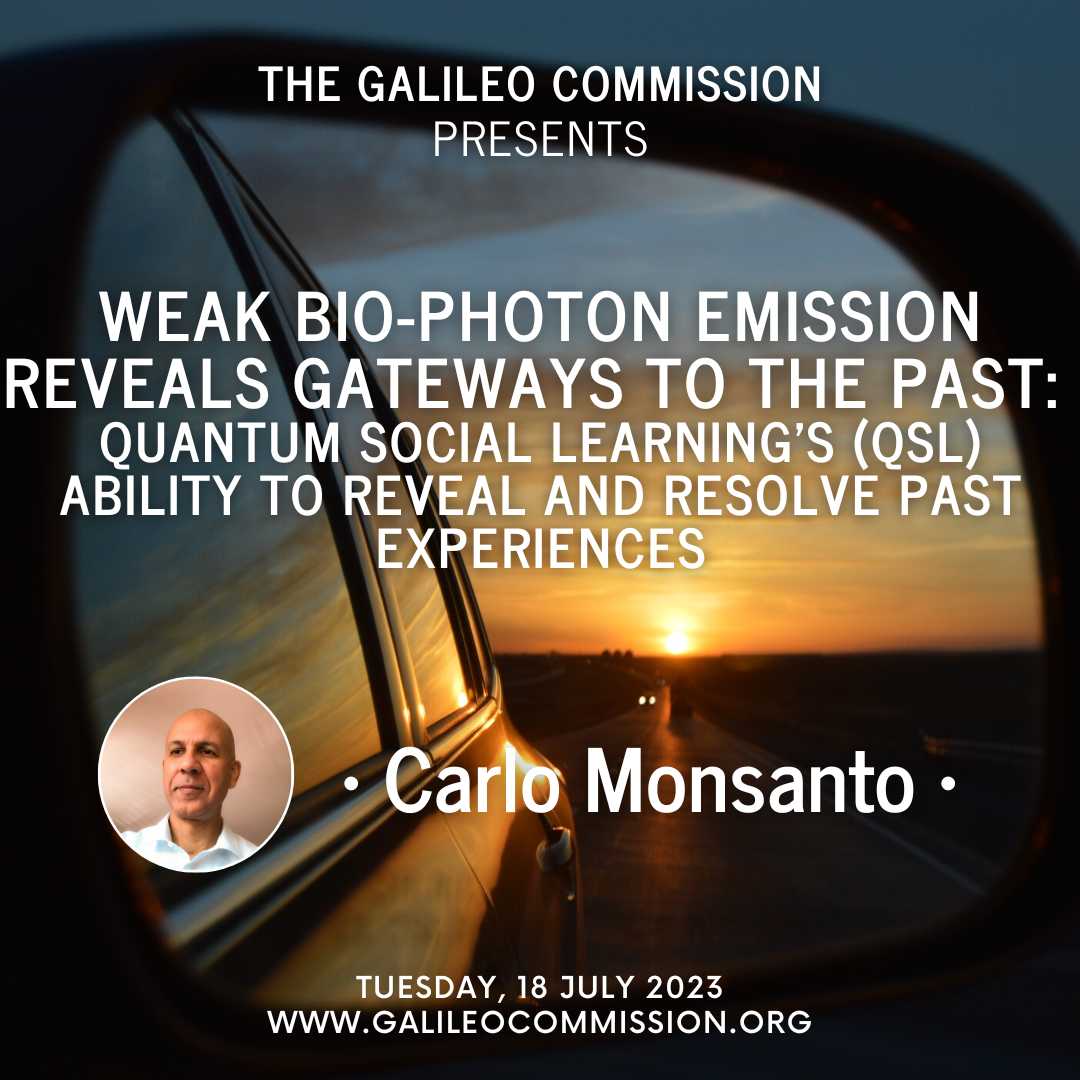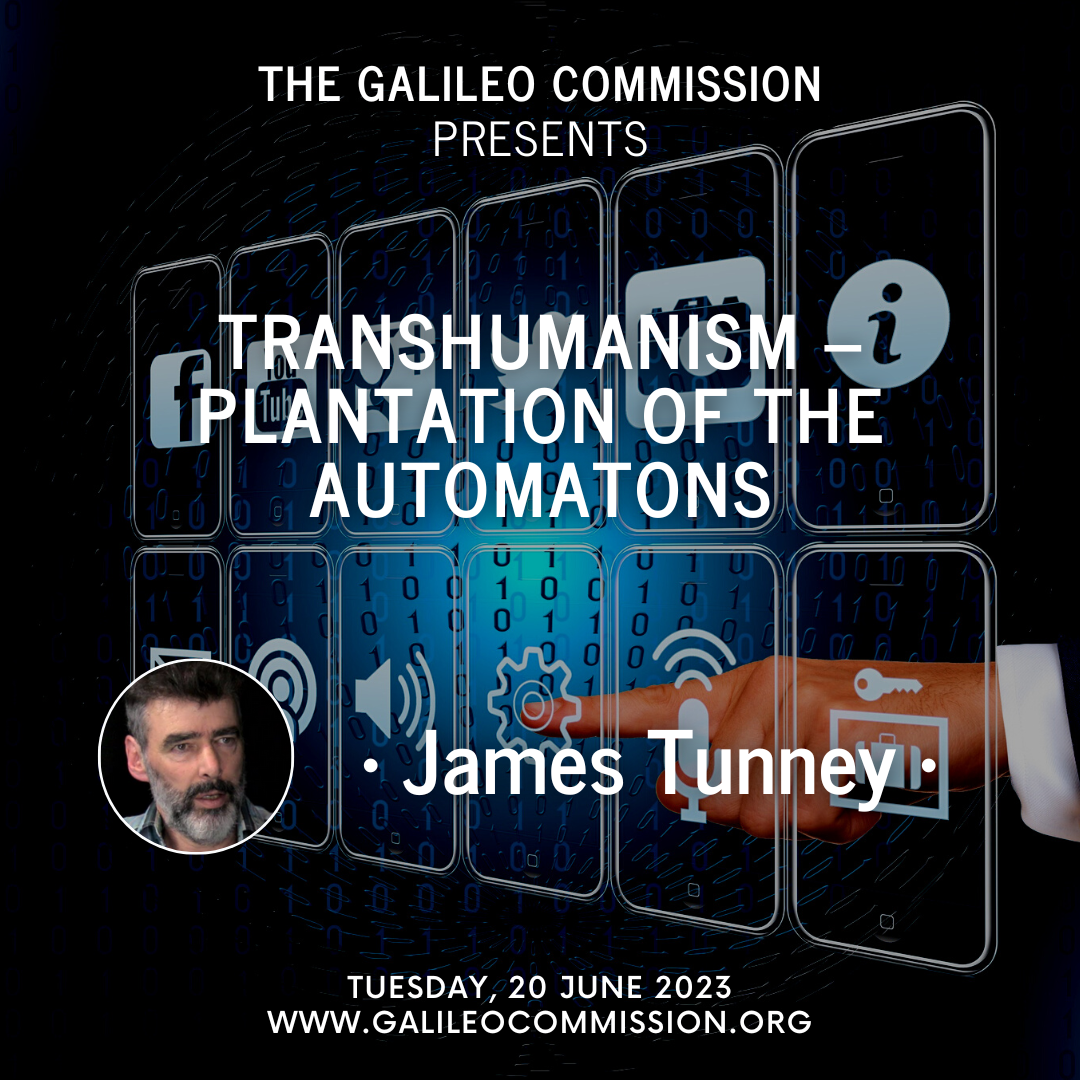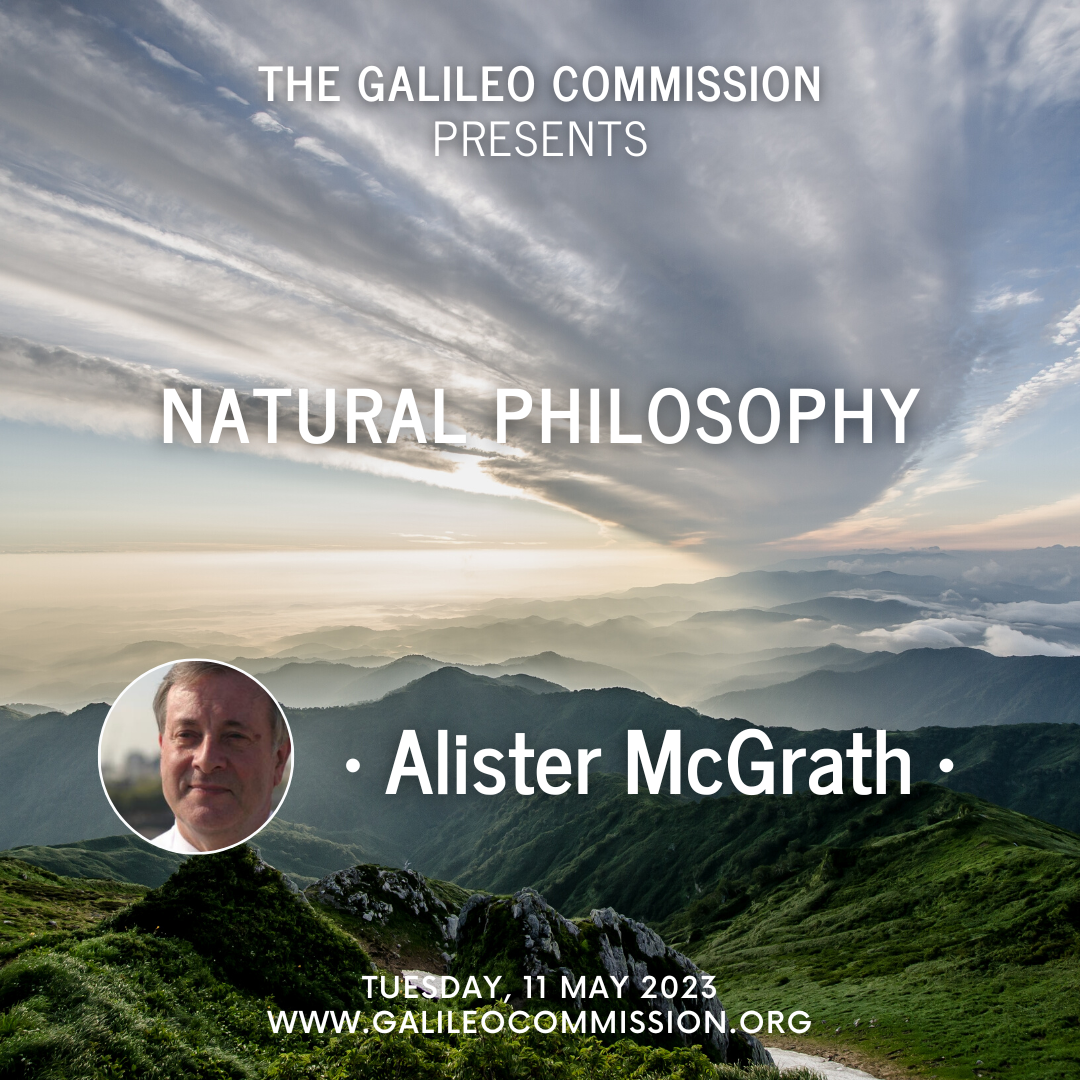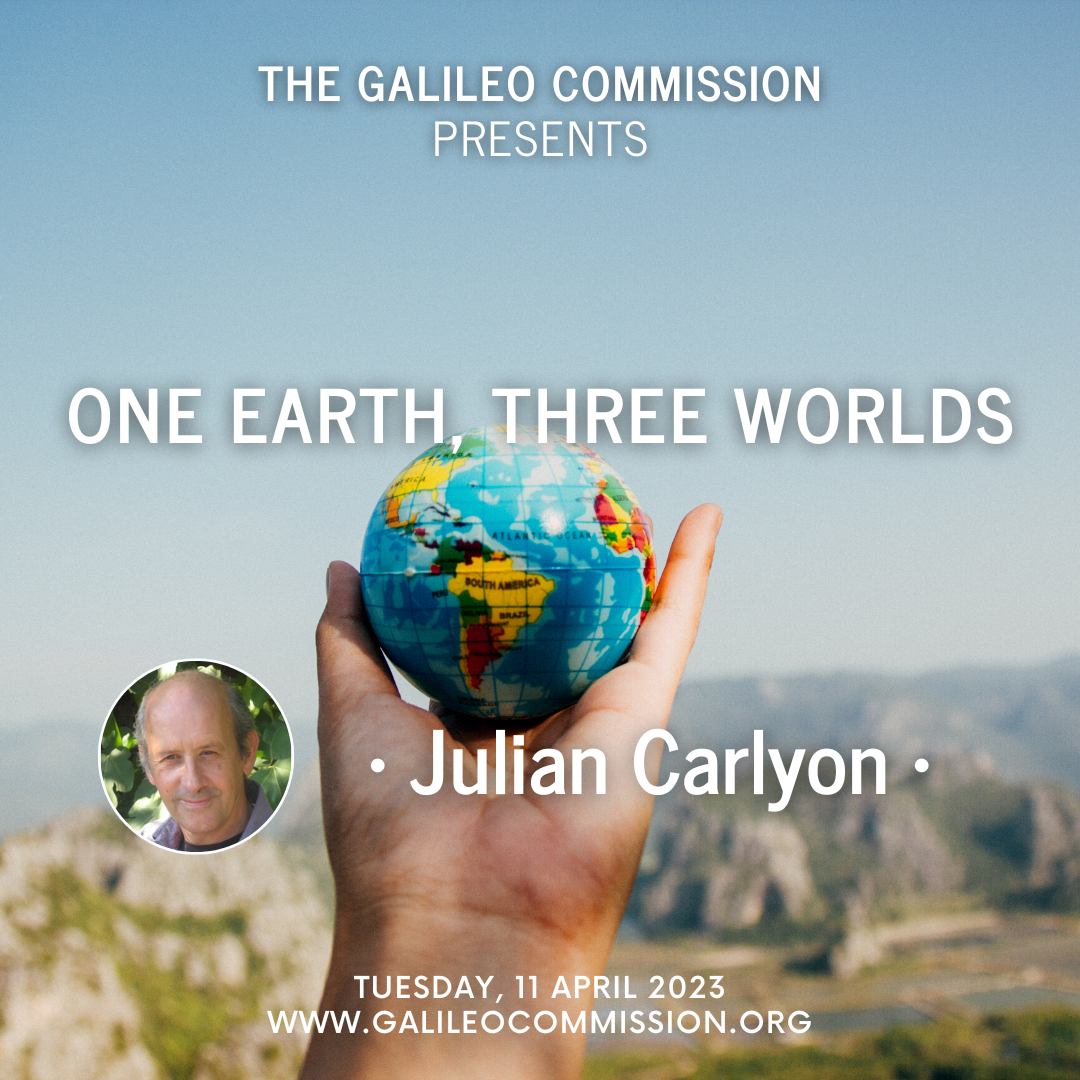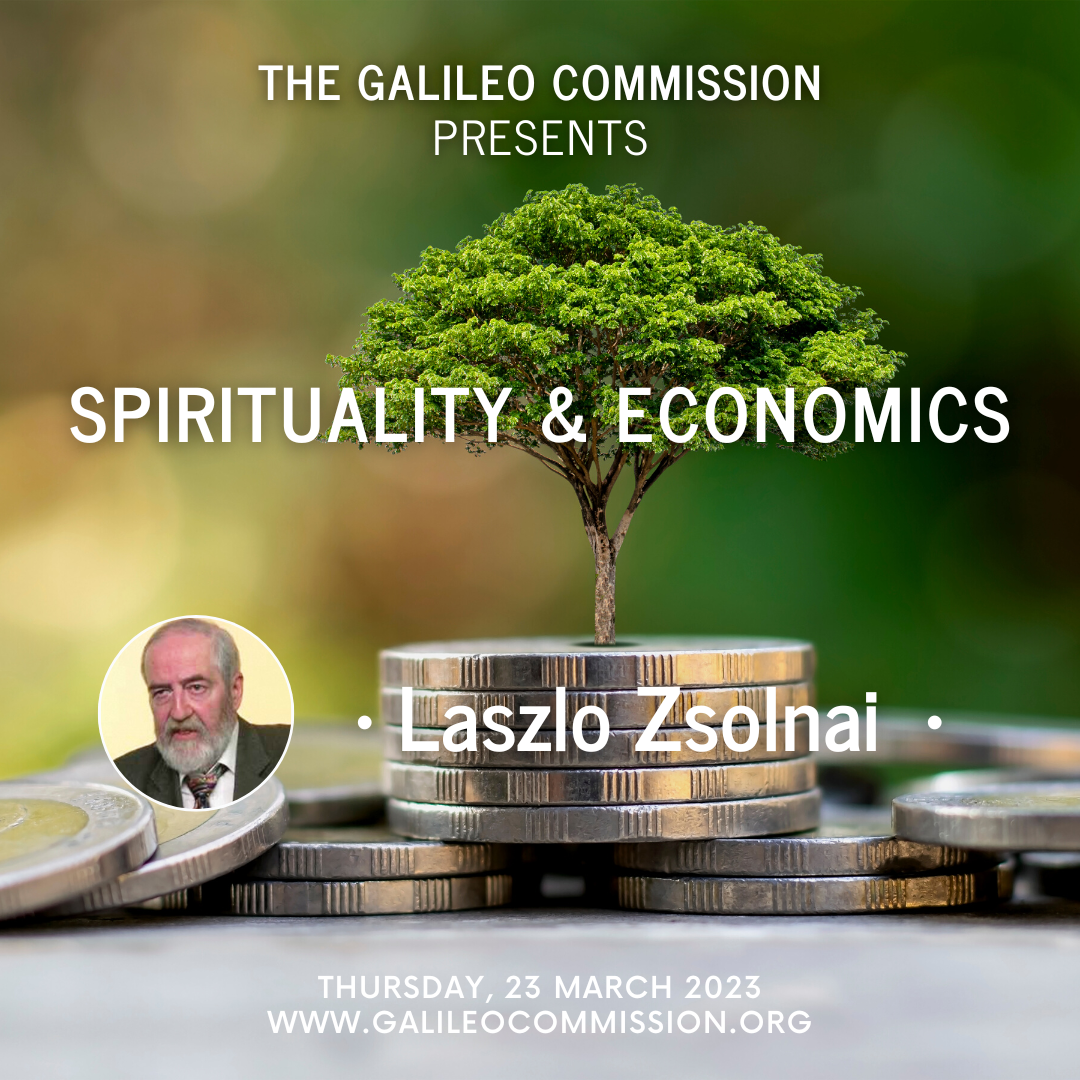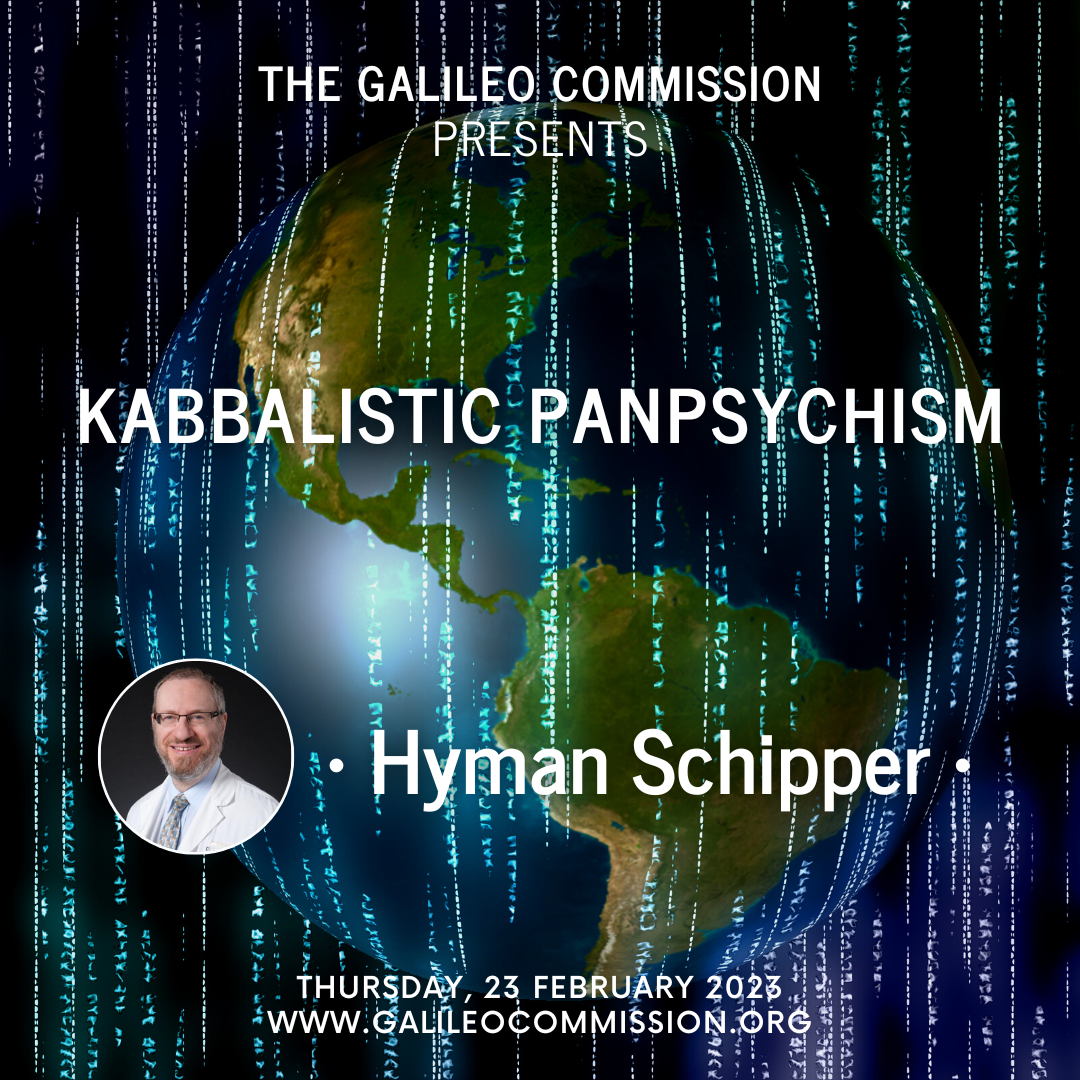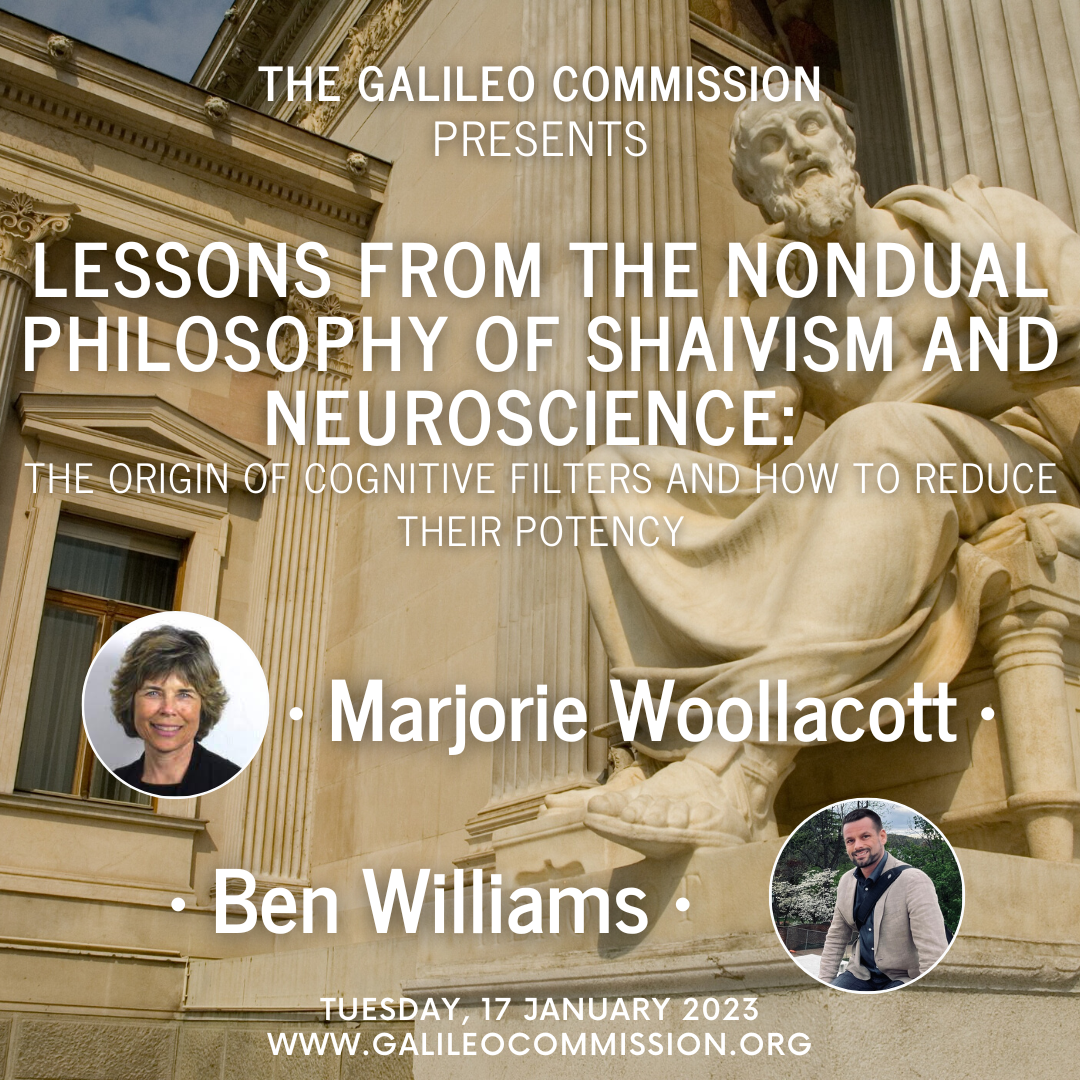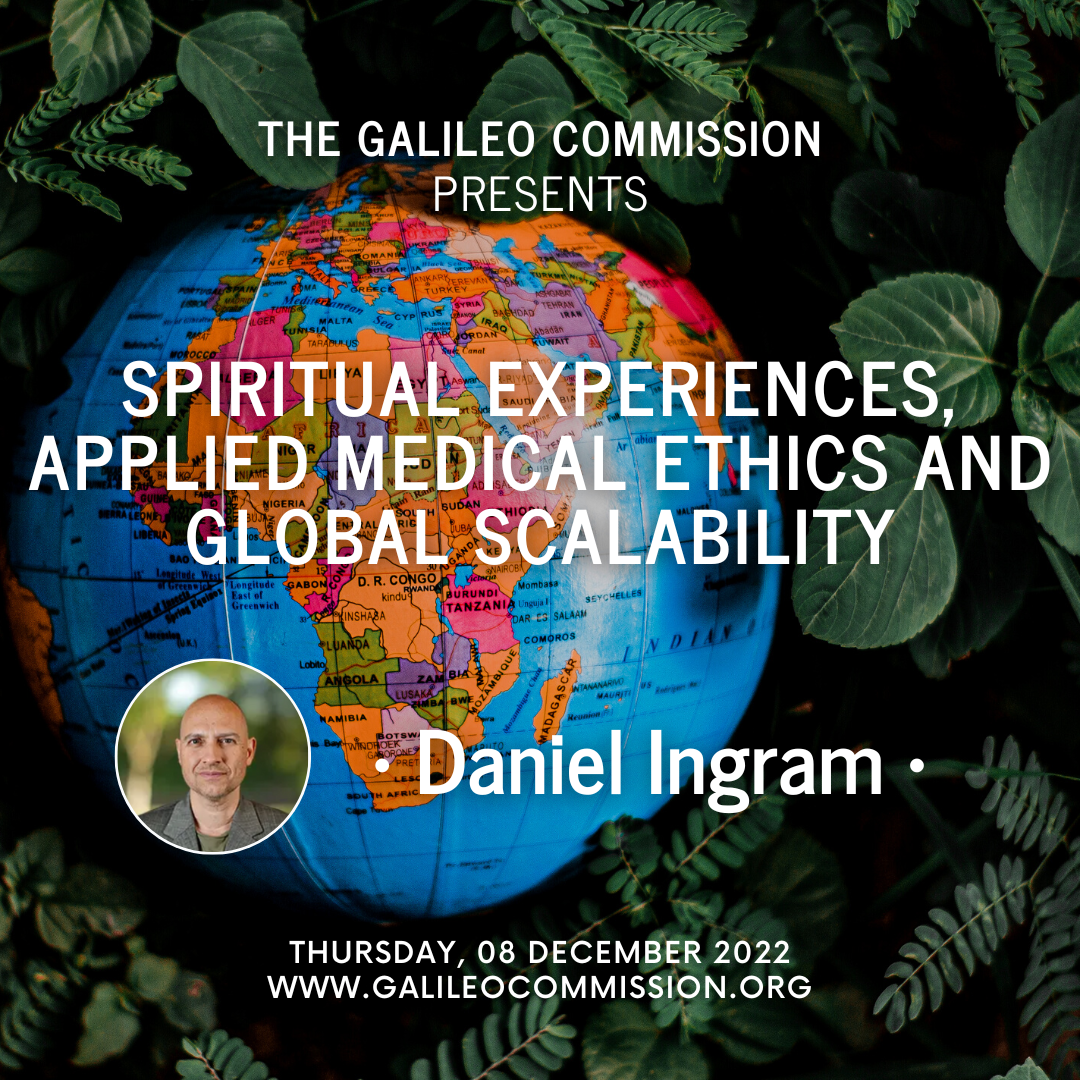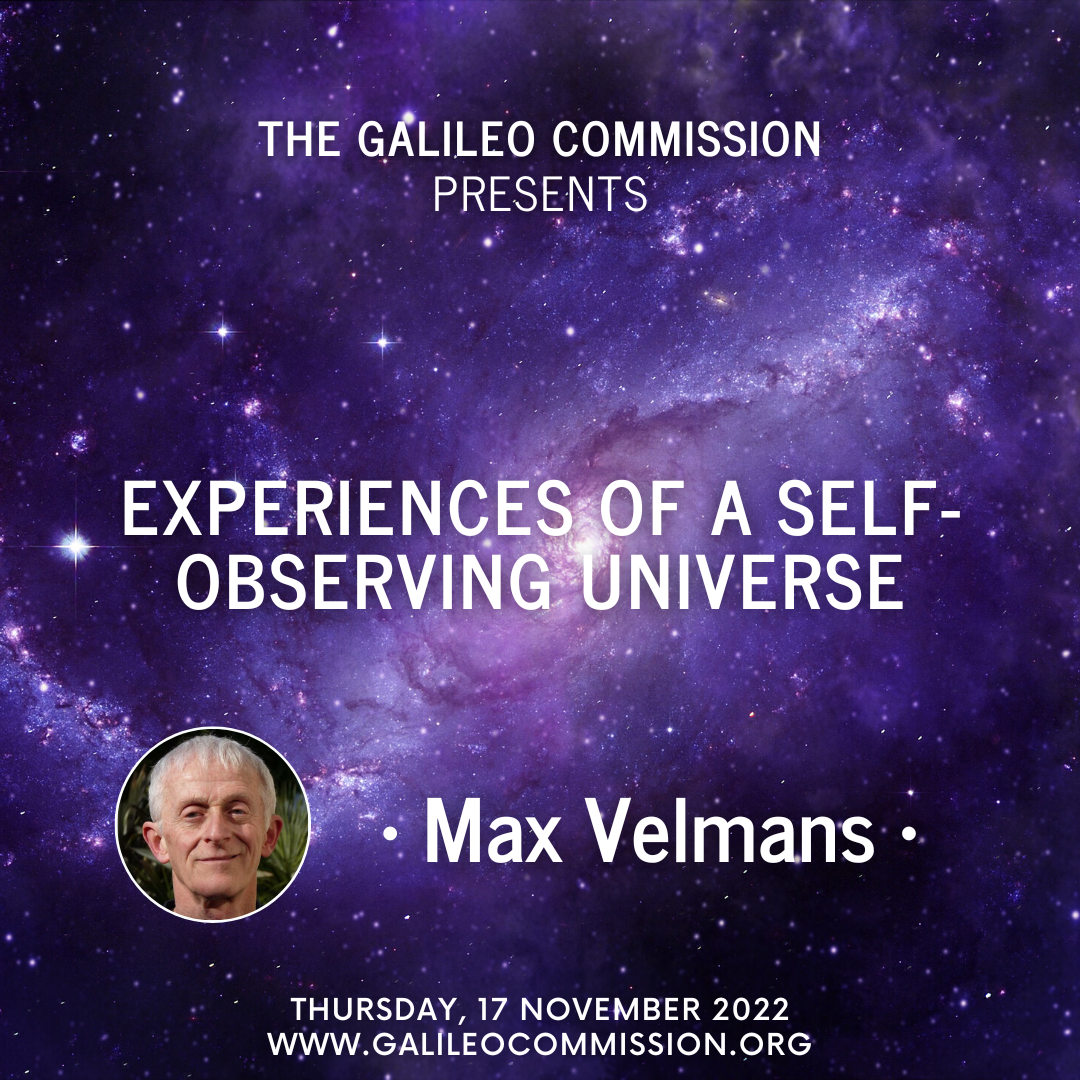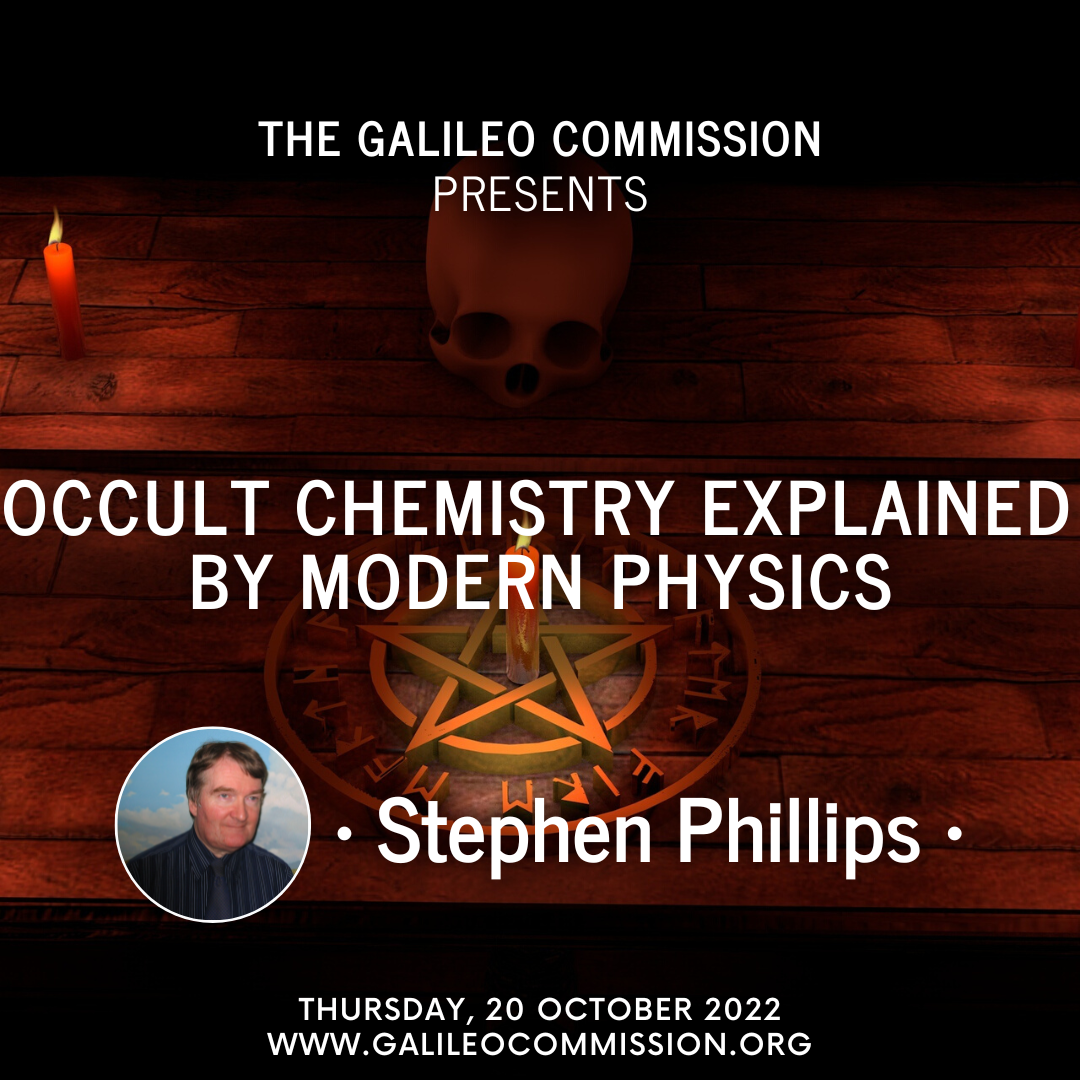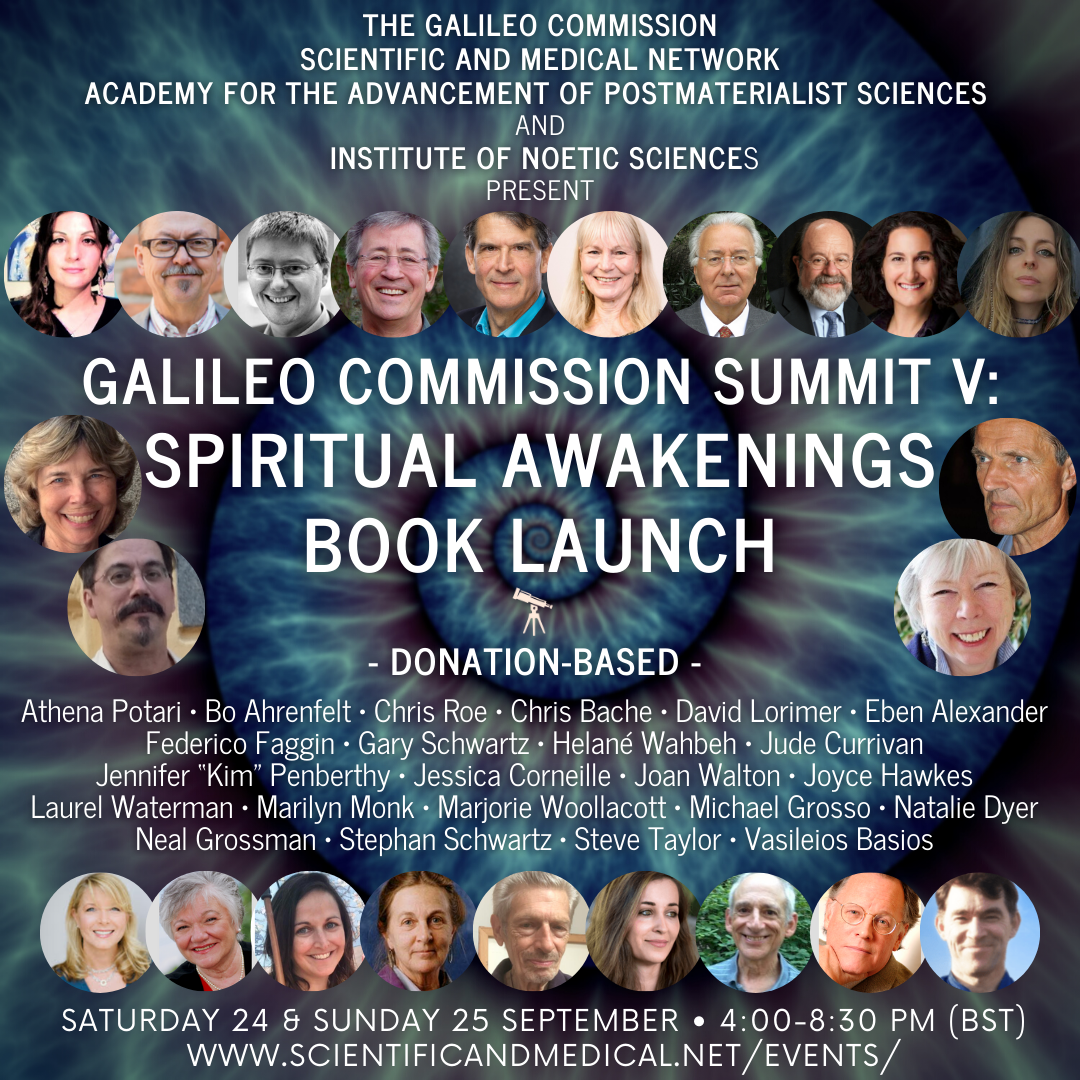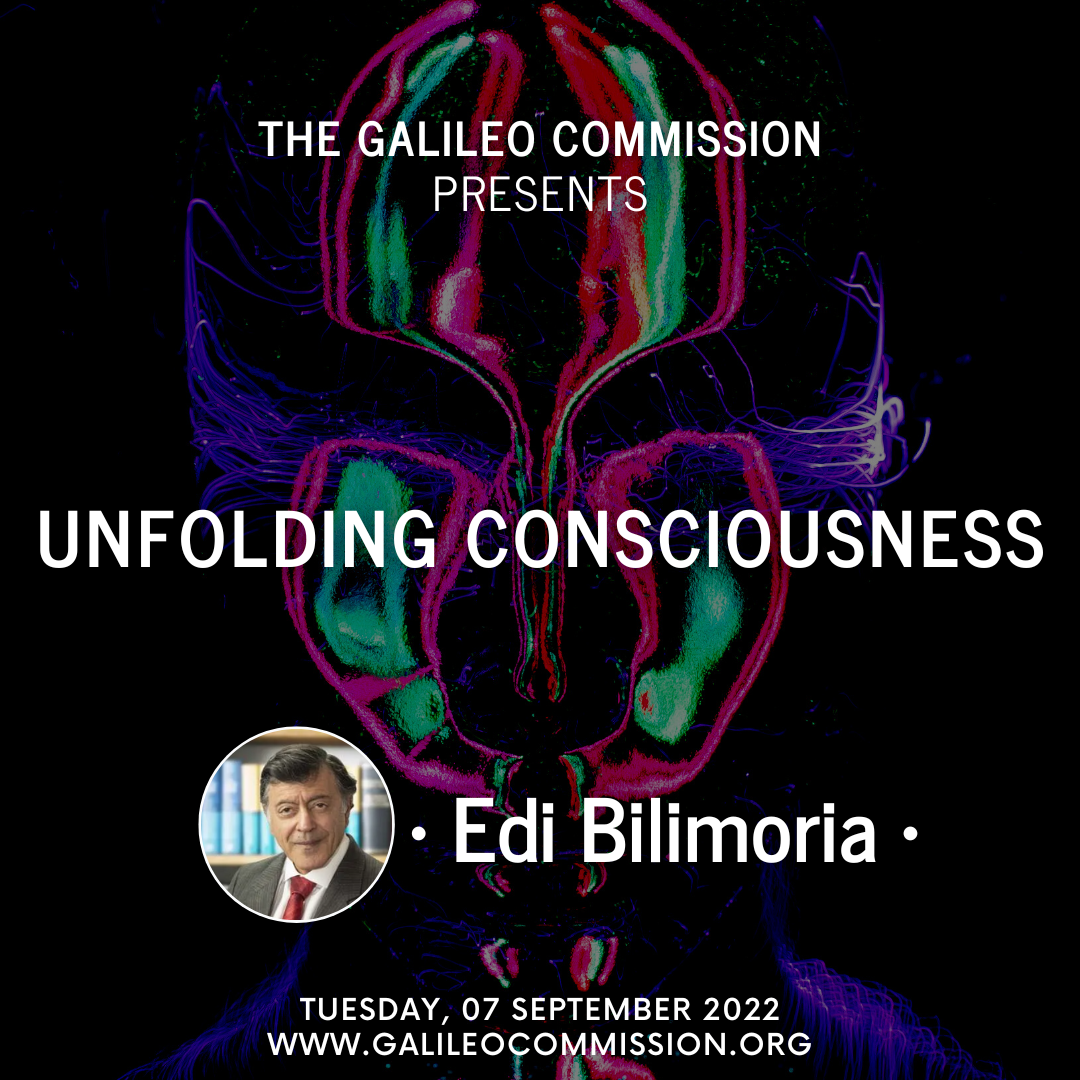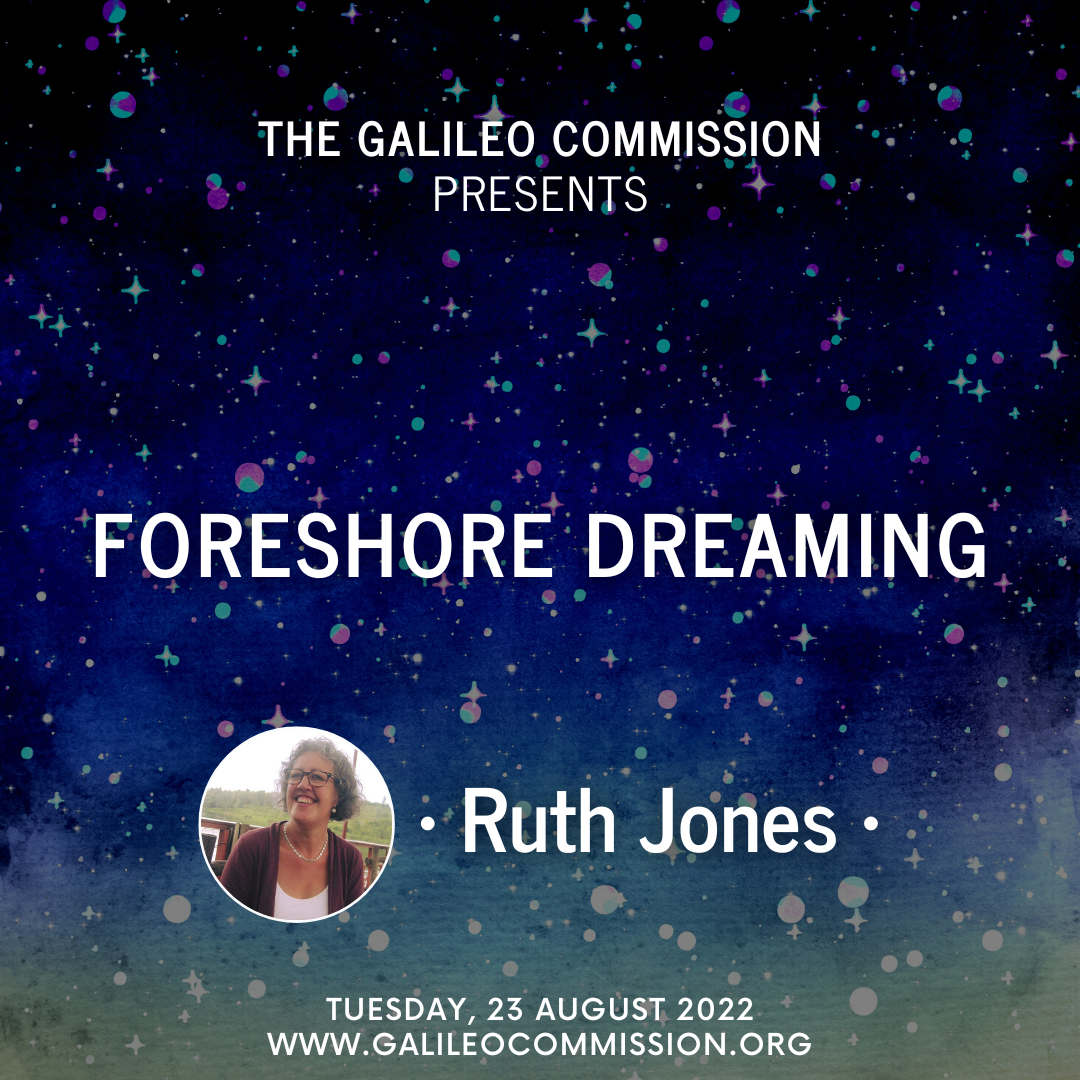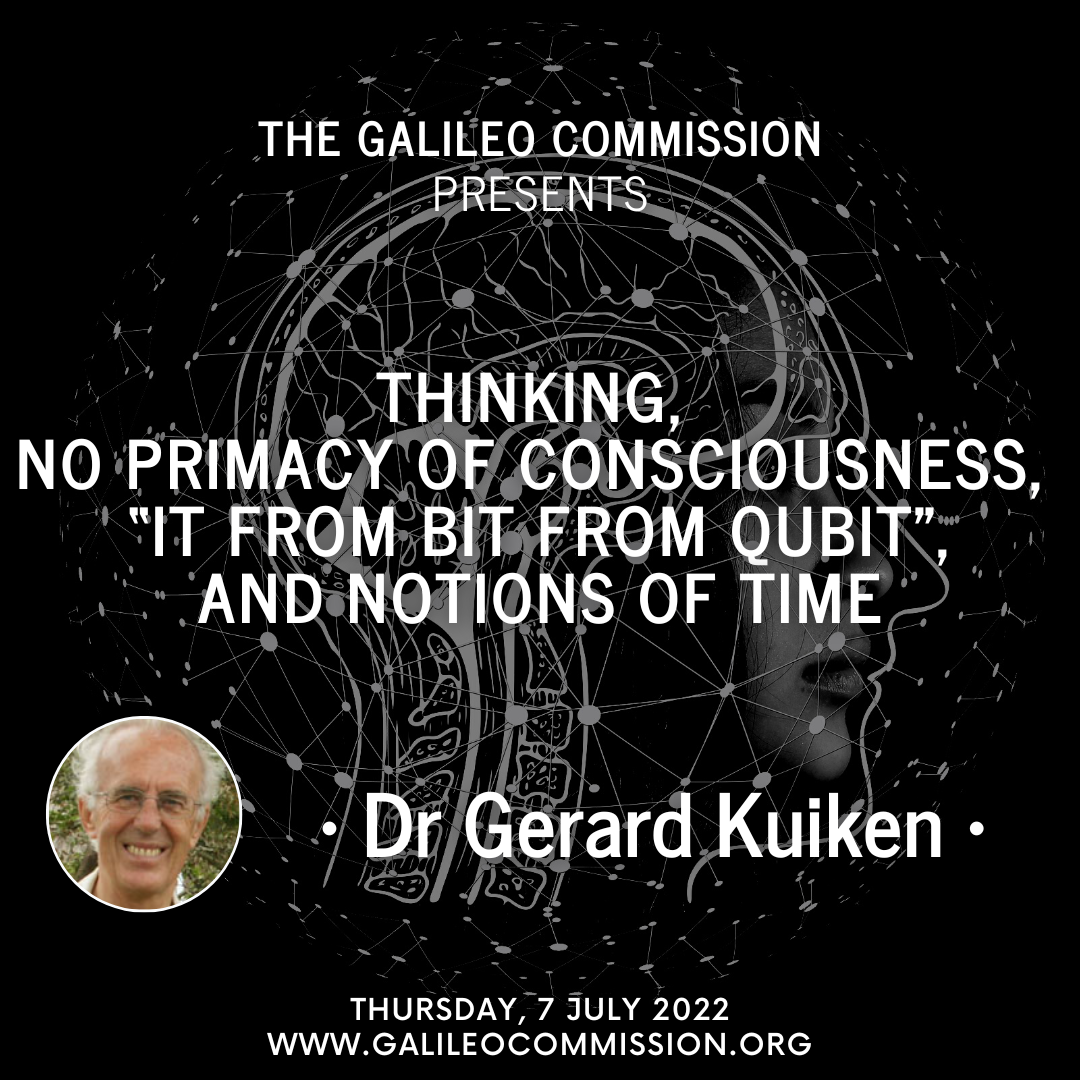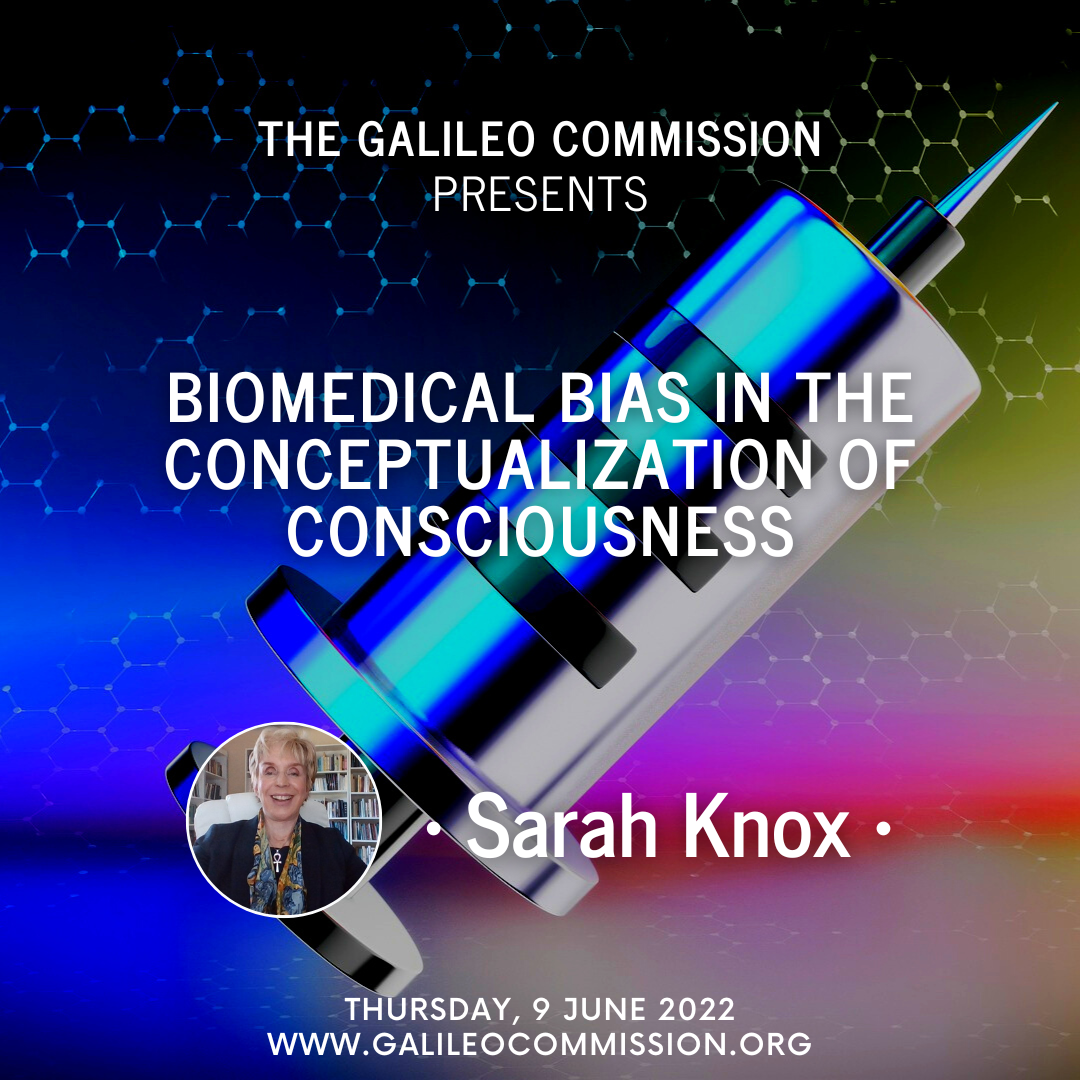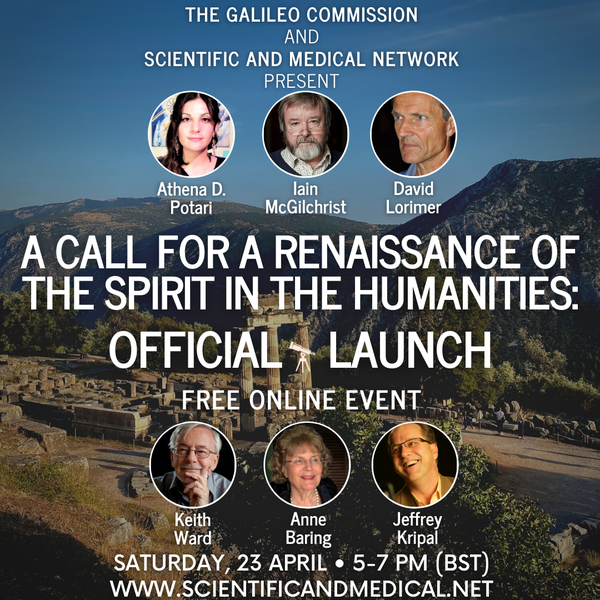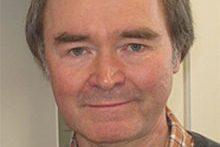Imaginal Inspirations with Will Keepin
William Keepin, PhD, is a mathematical physicist with extensive training in contemplative meditation and transpersonal psychology. His research
Non-Polluting Soundless Energy Ecosystem of a Cell – A.K. Mukhopadhyay
A biological cell is drowned in the environmental energy ecosystem, which consists of matter-sourced conventional energy, information-sourced dark energy, and consciousness-sourced subtle energy. The stupendous work a cell does in its Gene machinery and the Protein factory using dark and subtle energy silently, without creating any pollution of the environment is remarkable in this respect. From the insights of cell biology highlighted in this paper, it seems there is a lot to learn from a cell to have a clean green energy ecosystem for humanity in this material world of machines.
Federico Faggin – Quantum Information Panpsychism Explained
CPU inventor and physicist Federico Faggin, together with Prof. Giacomo Mauro D'Ariano, proposes that consciousness is not an emergent property of the brain, but a fundamental aspect of reality itself: quantum fields are conscious and have free will. In this theory, our physical body is a quantum-classical ‘machine,’ operated by free will decisions of quantum fields. Faggin calls the theory 'Quantum Information Panpsychism' (QIP) and claims that it can give us testable predictions in the near future. If the theory is correct, it not only will be the most accurate theory of consciousness, it will also solve mysteries around the interpretation of quantum mechanics.
Imaginal Inspirations with Will Keepin
William Keepin, PhD, is a mathematical physicist with extensive training in contemplative meditation and transpersonal psychology. His research
Non-Polluting Soundless Energy Ecosystem of a Cell – A.K. Mukhopadhyay
A biological cell is drowned in the environmental energy ecosystem, which consists of matter-sourced conventional energy, information-sourced dark energy, and consciousness-sourced subtle energy. The stupendous work a cell does in its Gene machinery and the Protein factory using dark and subtle energy silently, without creating any pollution of the environment is remarkable in this respect. From the insights of cell biology highlighted in this paper, it seems there is a lot to learn from a cell to have a clean green energy ecosystem for humanity in this material world of machines.
Federico Faggin – Quantum Information Panpsychism Explained
CPU inventor and physicist Federico Faggin, together with Prof. Giacomo Mauro D'Ariano, proposes that consciousness is not an emergent property of the brain, but a fundamental aspect of reality itself: quantum fields are conscious and have free will. In this theory, our physical body is a quantum-classical ‘machine,’ operated by free will decisions of quantum fields. Faggin calls the theory 'Quantum Information Panpsychism' (QIP) and claims that it can give us testable predictions in the near future. If the theory is correct, it not only will be the most accurate theory of consciousness, it will also solve mysteries around the interpretation of quantum mechanics.
Imaginal Inspirations with Will Keepin
William Keepin, PhD, is a mathematical physicist with extensive training in contemplative meditation and transpersonal psychology. His research
Non-Polluting Soundless Energy Ecosystem of a Cell – A.K. Mukhopadhyay
A biological cell is drowned in the environmental energy ecosystem, which consists of matter-sourced conventional energy, information-sourced dark energy, and consciousness-sourced subtle energy. The stupendous work a cell does in its Gene machinery and the Protein factory using dark and subtle energy silently, without creating any pollution of the environment is remarkable in this respect. From the insights of cell biology highlighted in this paper, it seems there is a lot to learn from a cell to have a clean green energy ecosystem for humanity in this material world of machines.
Federico Faggin – Quantum Information Panpsychism Explained
CPU inventor and physicist Federico Faggin, together with Prof. Giacomo Mauro D'Ariano, proposes that consciousness is not an emergent property of the brain, but a fundamental aspect of reality itself: quantum fields are conscious and have free will. In this theory, our physical body is a quantum-classical ‘machine,’ operated by free will decisions of quantum fields. Faggin calls the theory 'Quantum Information Panpsychism' (QIP) and claims that it can give us testable predictions in the near future. If the theory is correct, it not only will be the most accurate theory of consciousness, it will also solve mysteries around the interpretation of quantum mechanics.

– Erwin Schrödinger
– Prof David Bohm
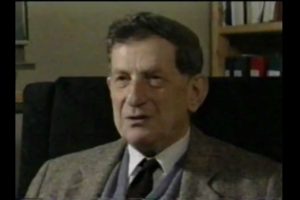
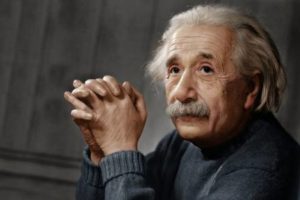
– Albert Einstein
Click on any event to view the recordings as well as event details
